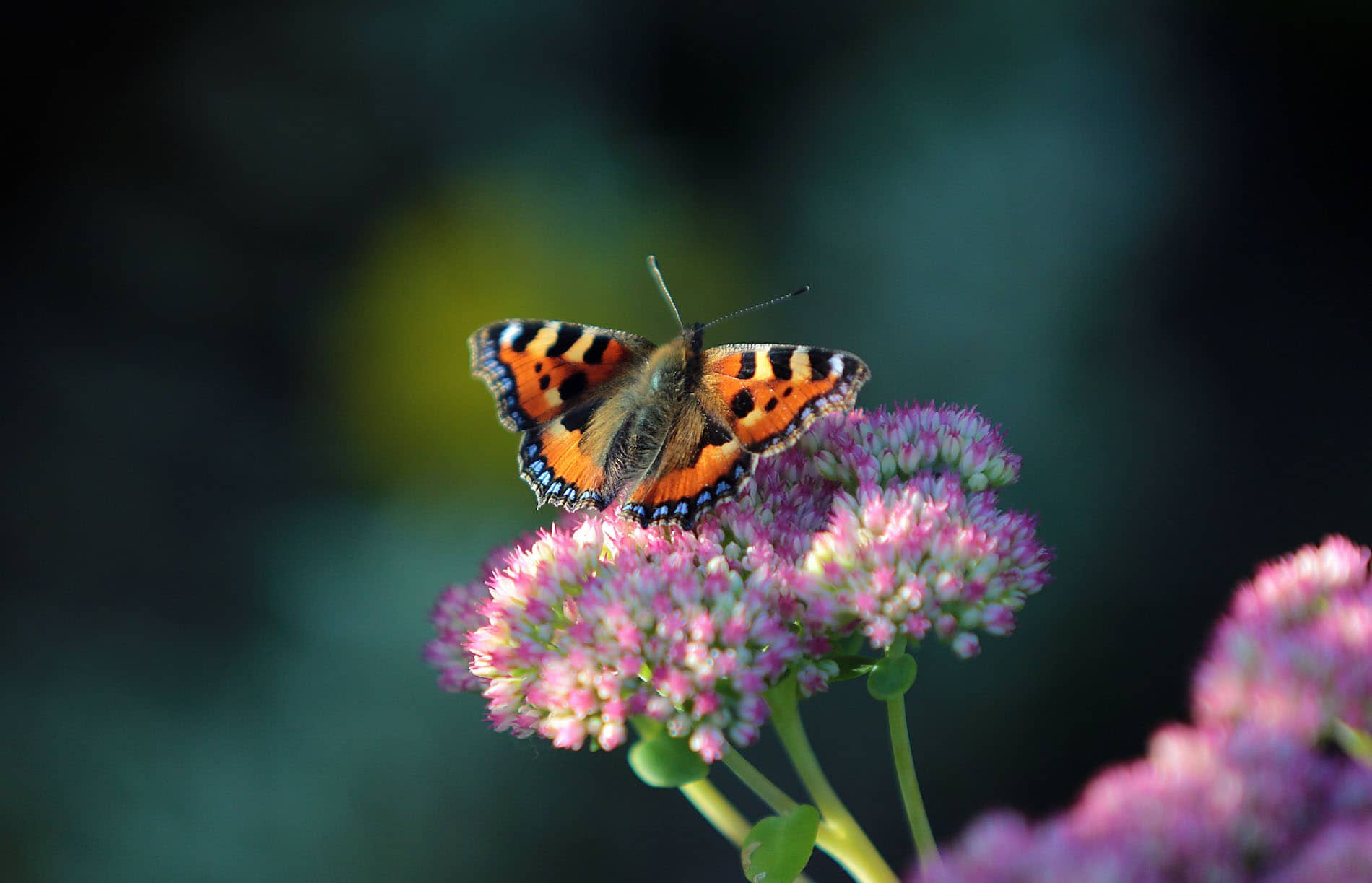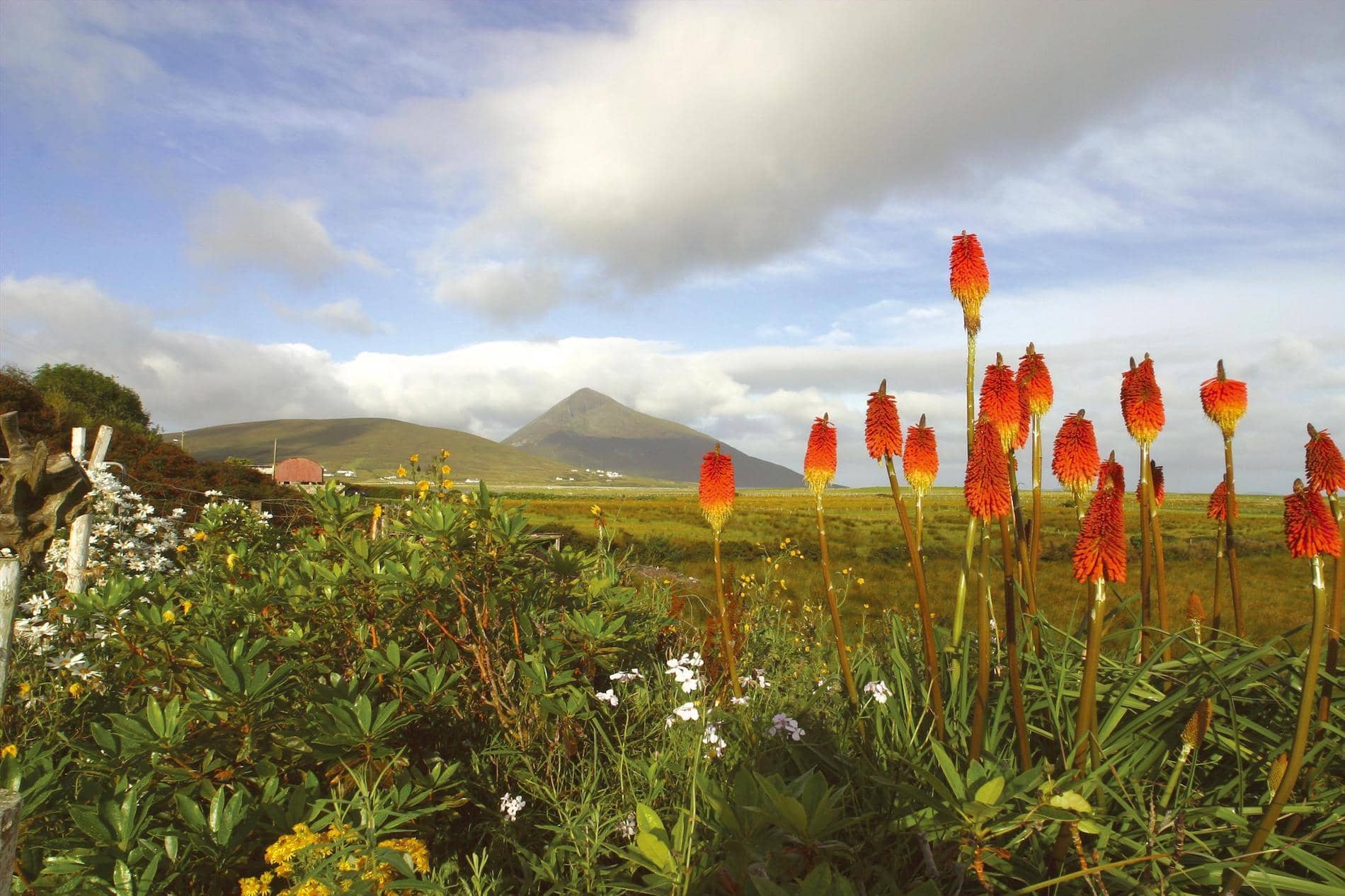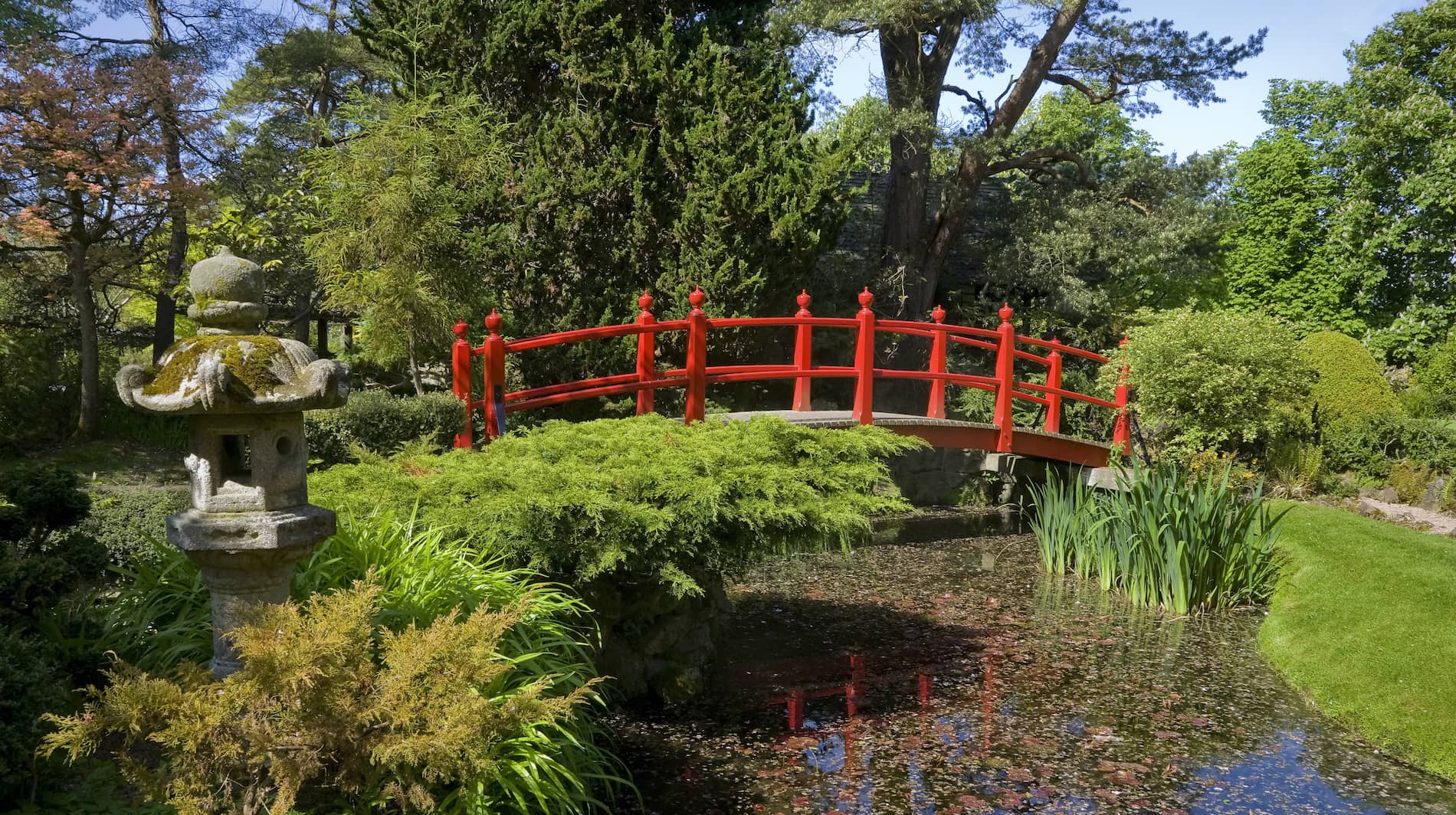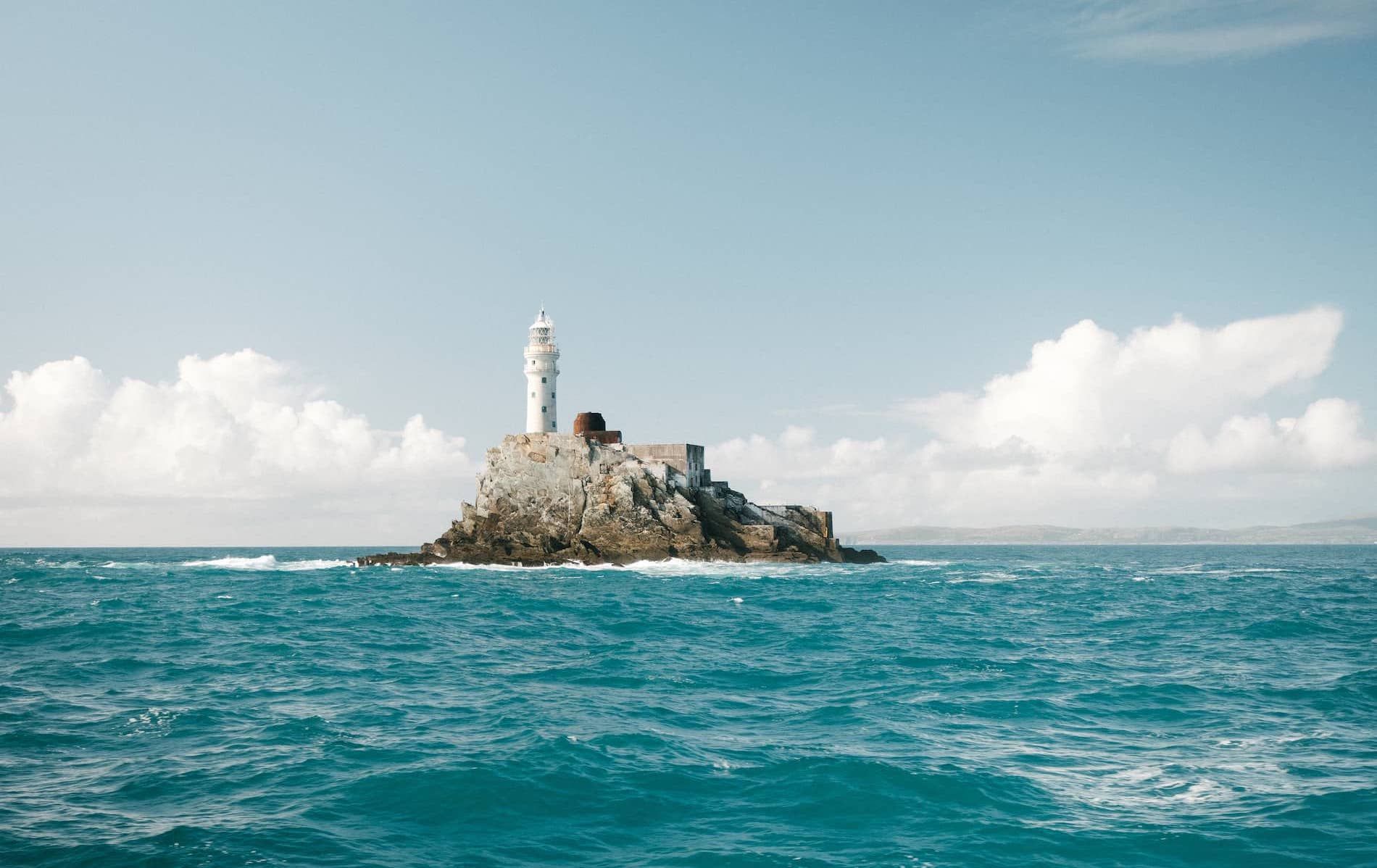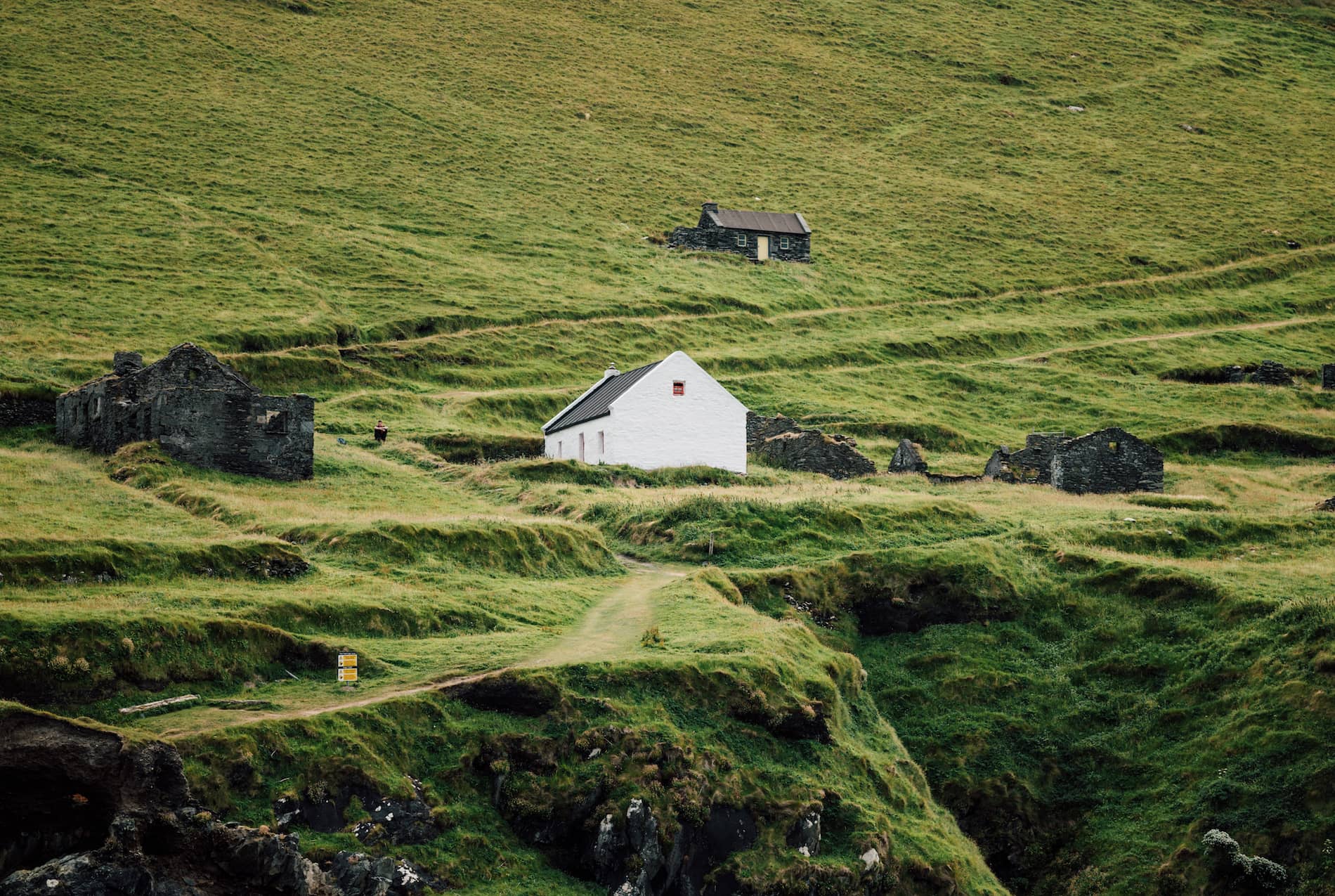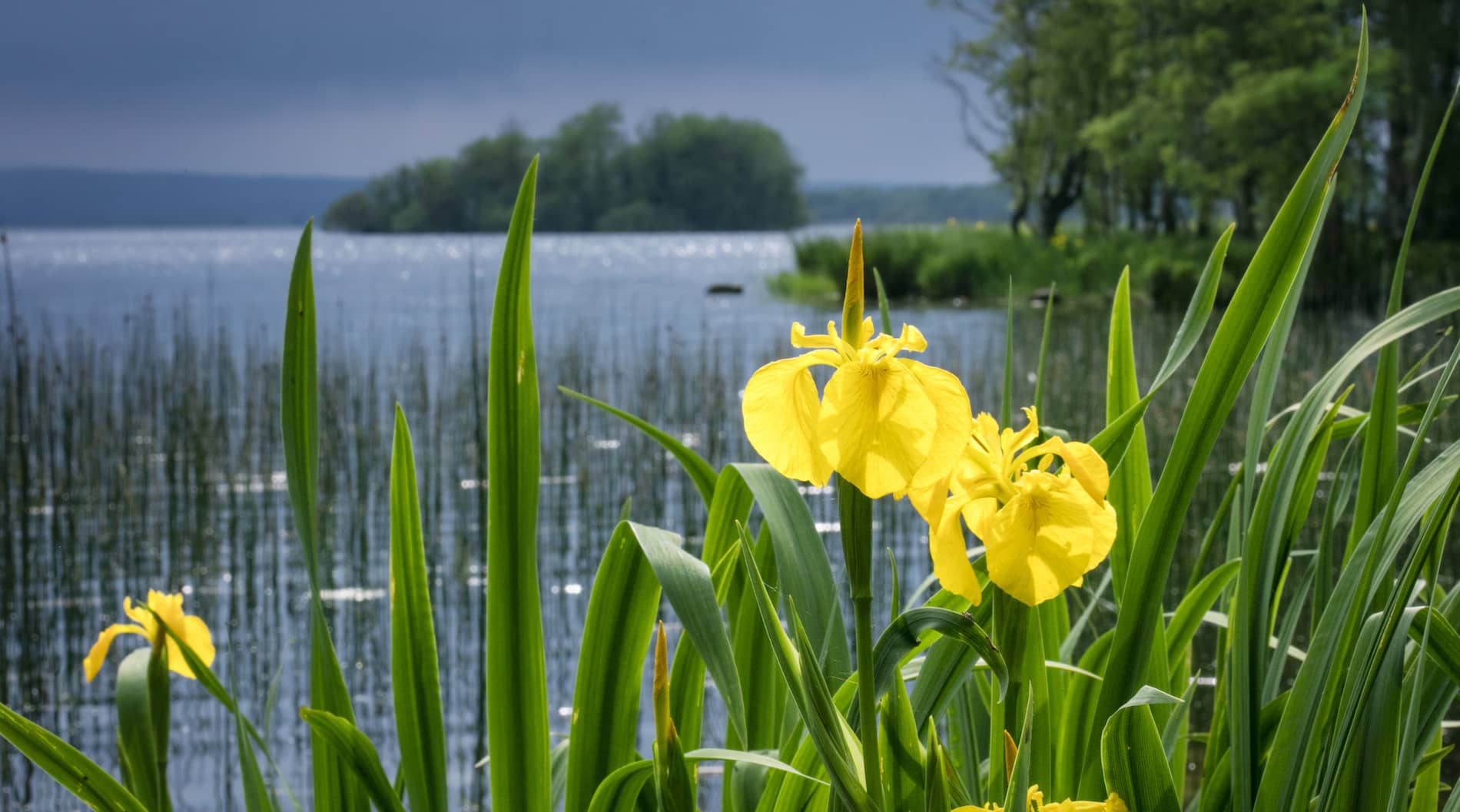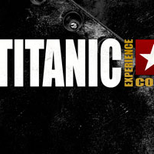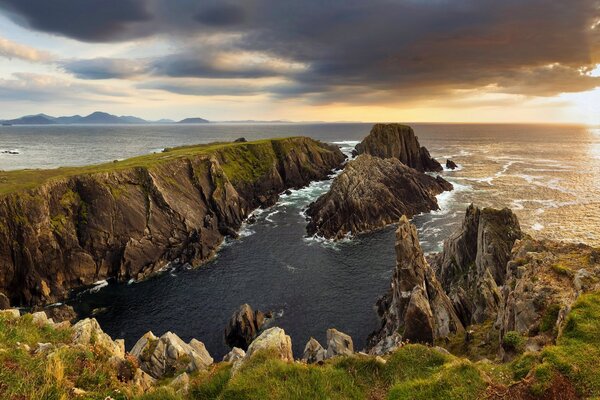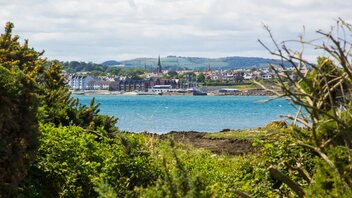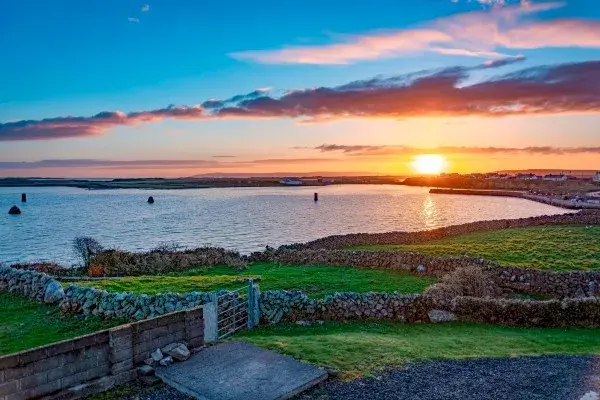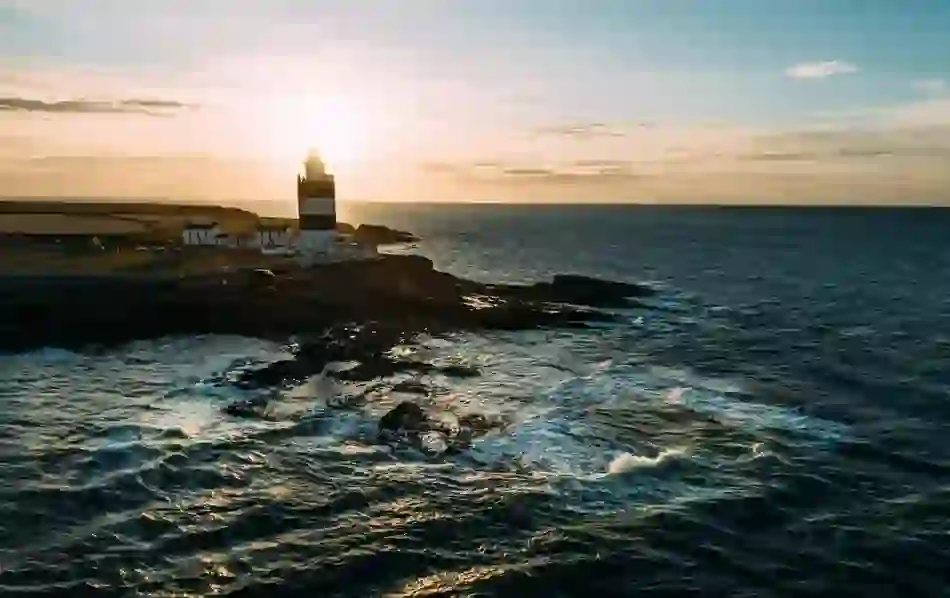
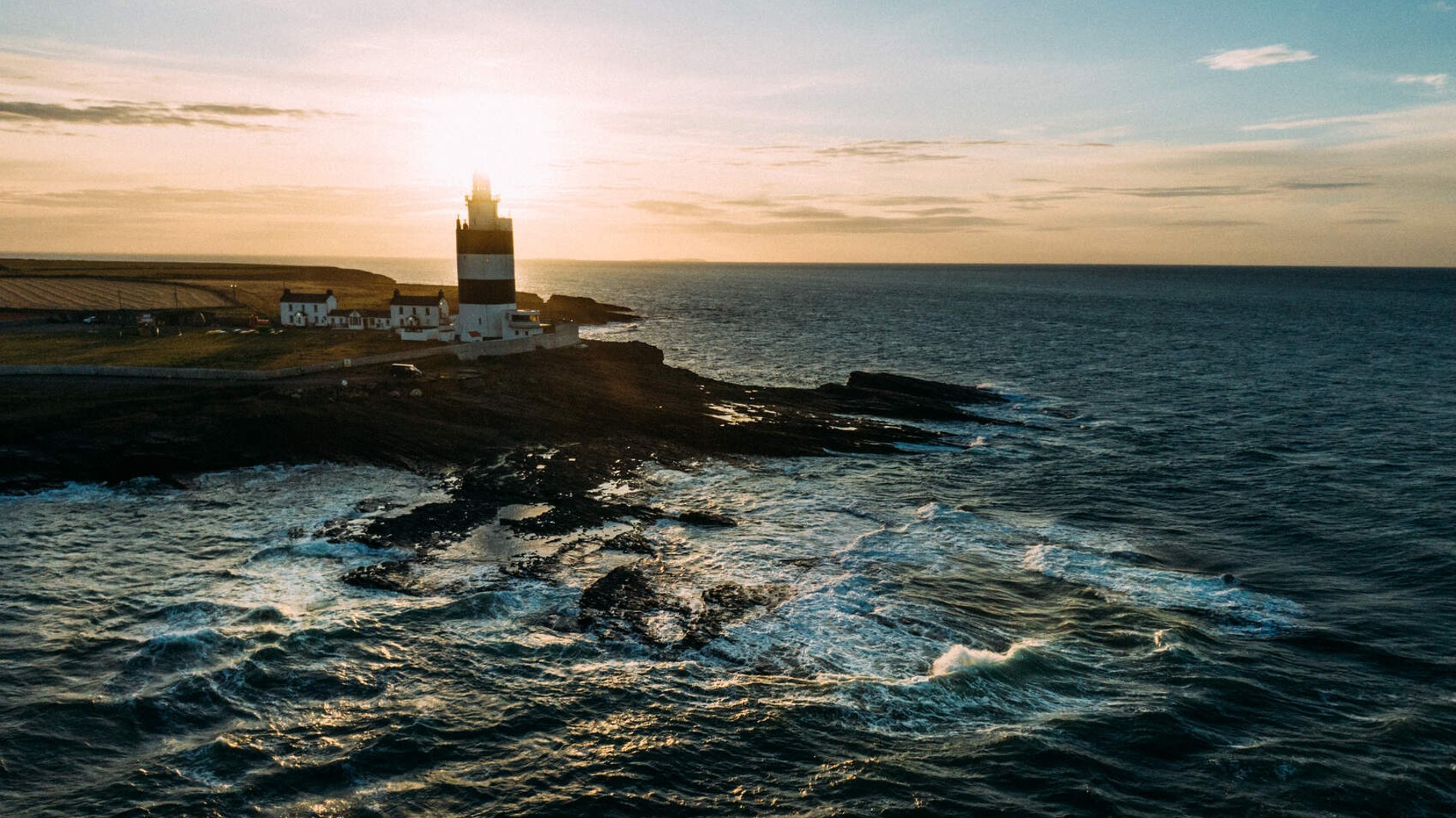
Ireland's Ancient East: a coastal odyssey

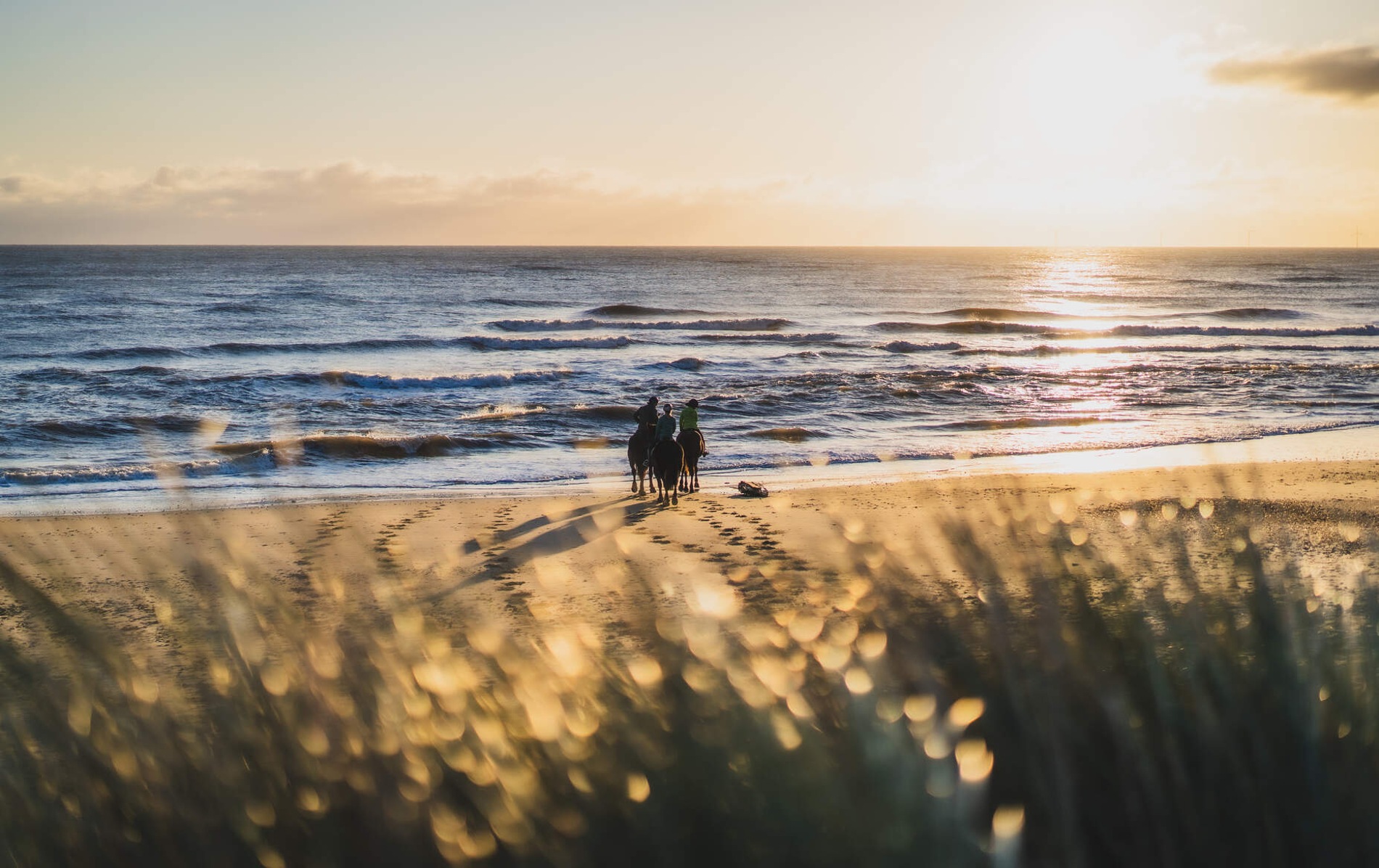

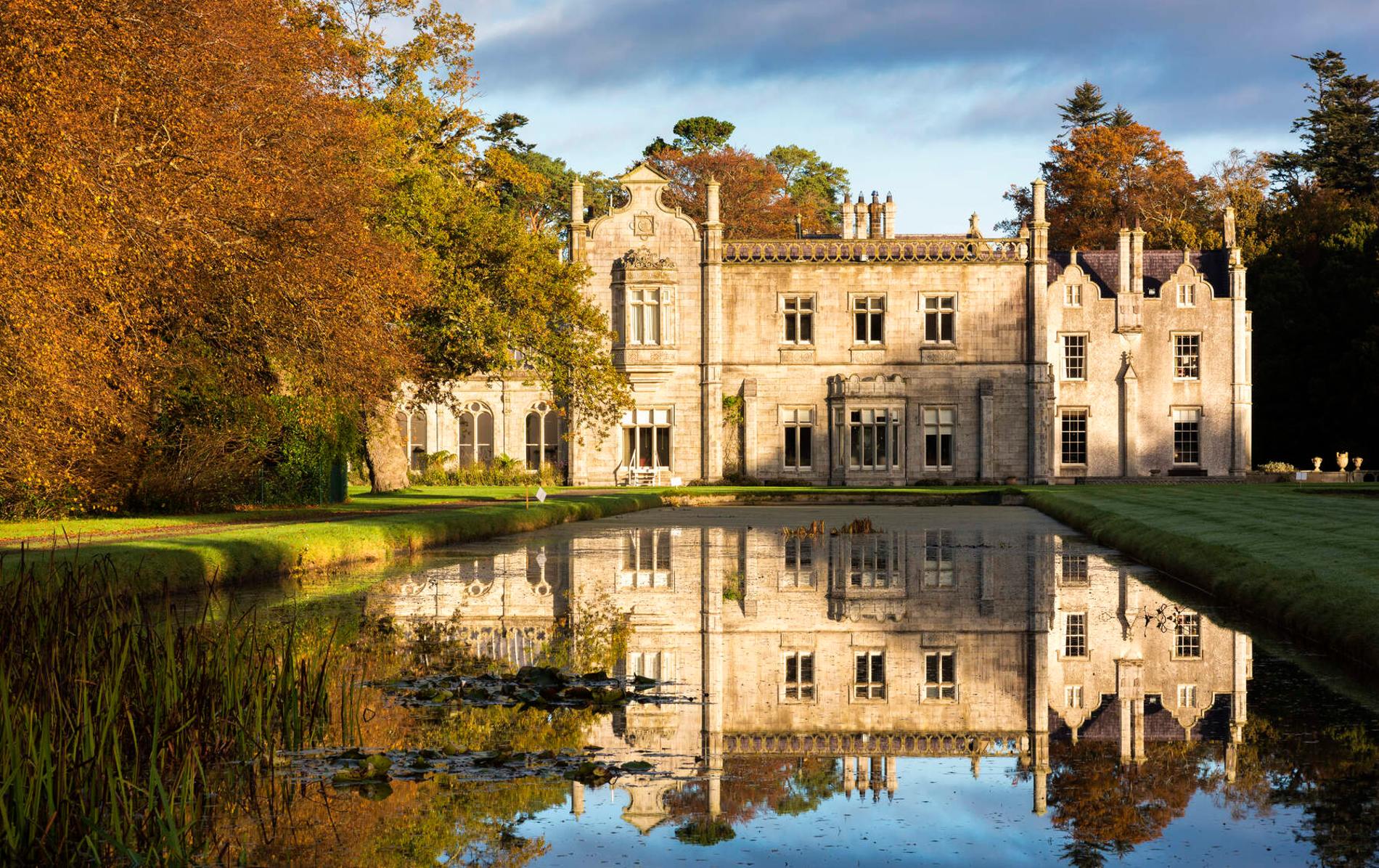

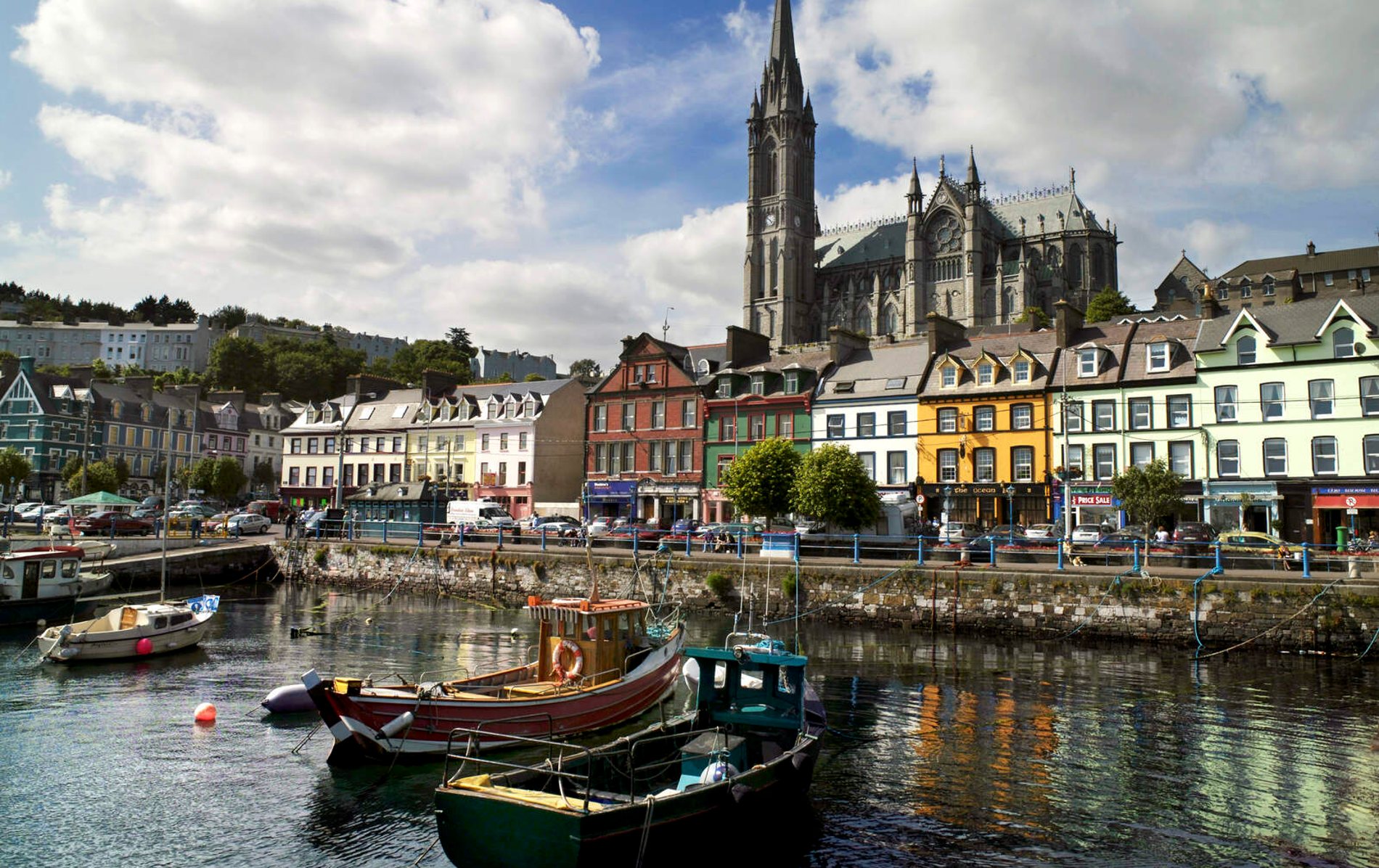
Beginning at the colourful town of Cobh, and ending in bustling Bray, you’ll find lots of the gorgeous vistas and fascinating histories that Ireland’s Ancient East is famous for…
Along these unspoilt shores, you'll amble on gentle sandy beaches, and explore remote islands that will inspire your dreams, as they have inspired travellers, monks and visionaries for centuries

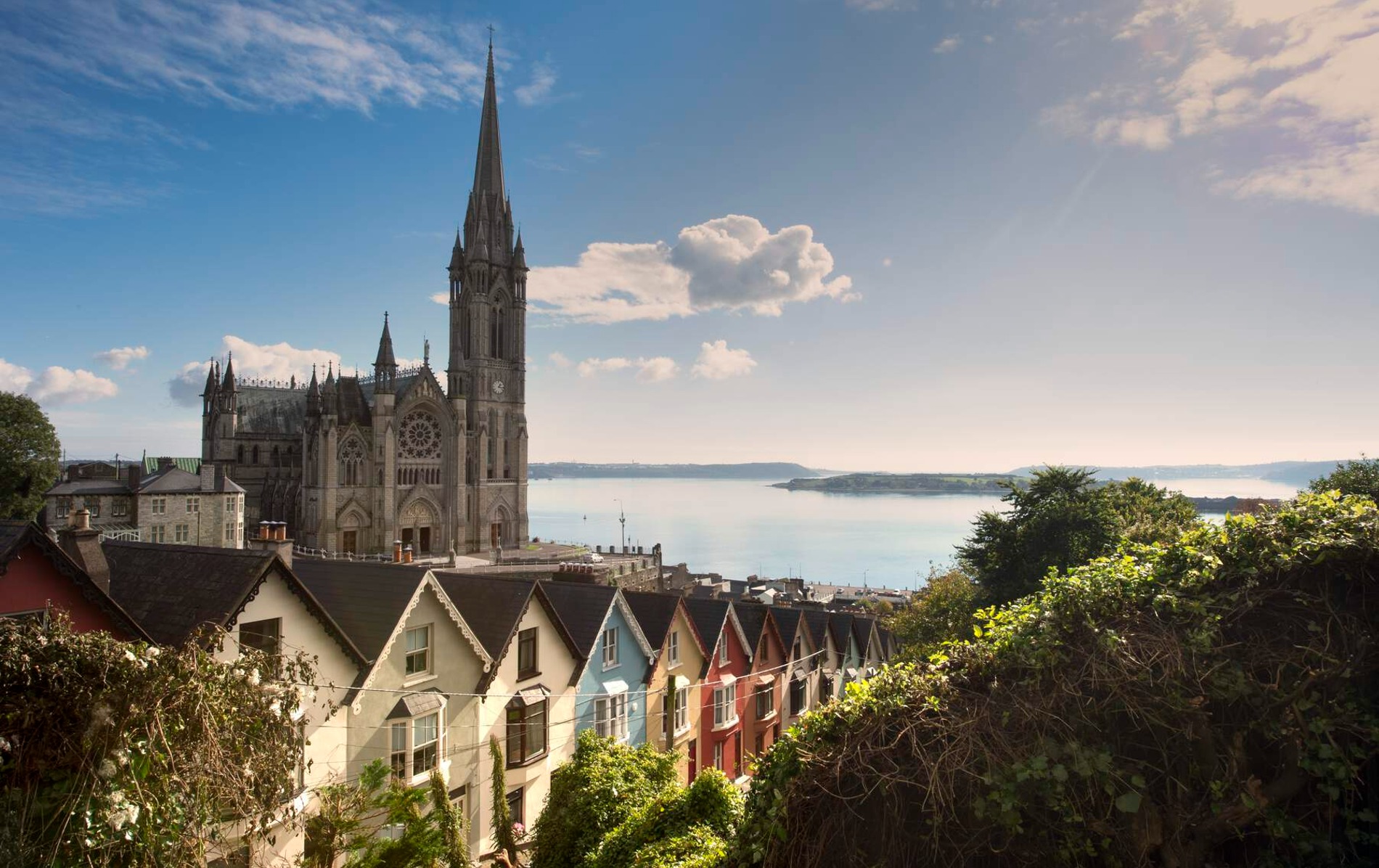
Day 1
The sea is everything in this part of the world. Over the years it has offered a new chance for emigrants and still yields some of the finest seafood in the world.
Explore Day 1A fateful journey
Annie Moore Statue, Cobh, County Cork

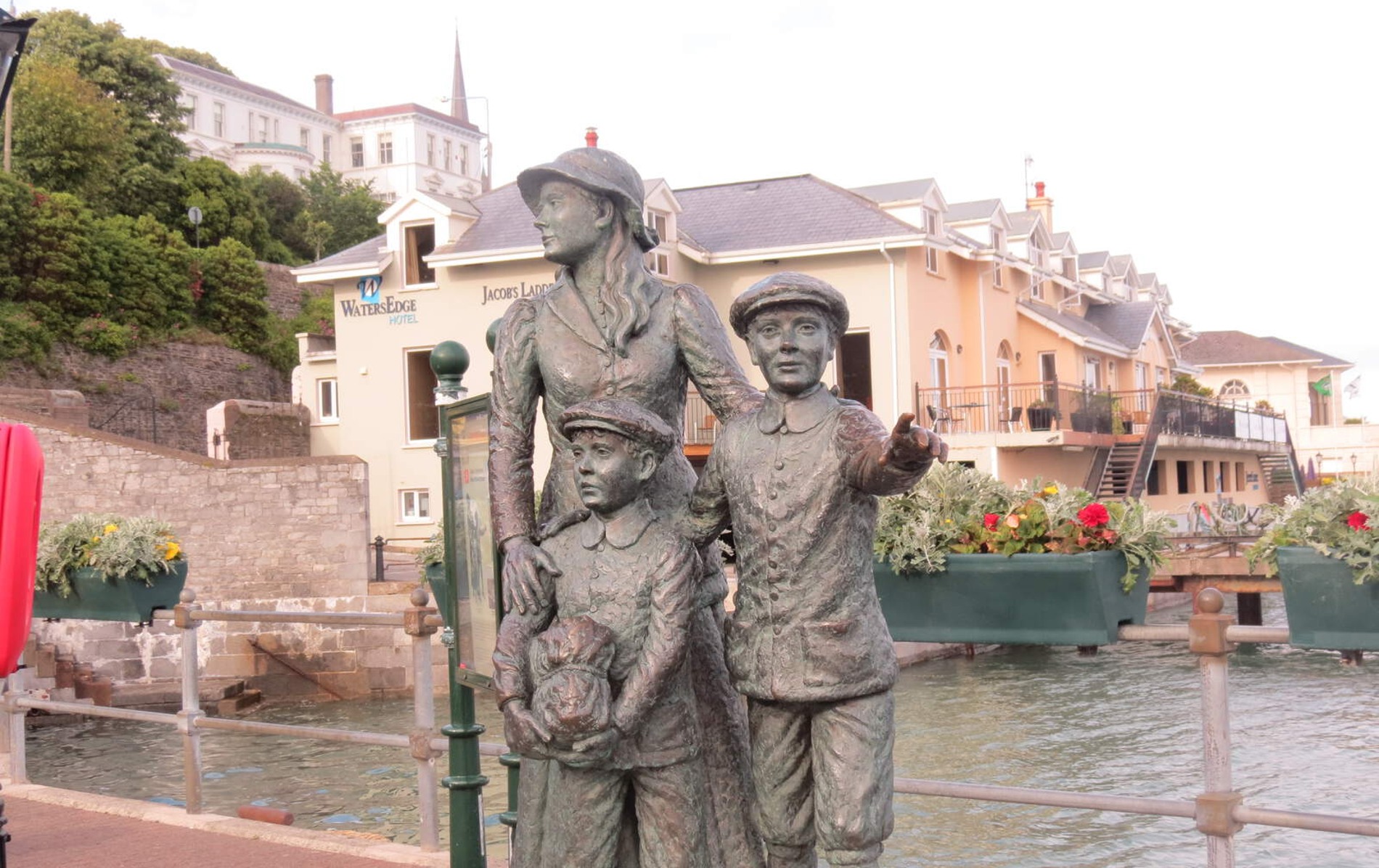
A pretty and busy port today, Cobh was the departure point for almost half of the six million emigrants who left Ireland for a new life. The most famous departure of all, of course, was that of Titanic, on her ill-fated maiden voyage. You can relive the experience of her hopeful passengers at Titanic Experience Cobh, starting in the original White Star ticket office, and later find out the fate of each one of the 123 passengers who boarded at this final stop.If you have more time, reach for the stars at 16th century Blackrock Castle, where you can learn about the universe at the observatory, or keep your feet on the ground and hear tales of the smugglers, traders and pirates who have haunted these waters for hundreds of years.
4 km
Under lock and key
Spike Island, County Cork

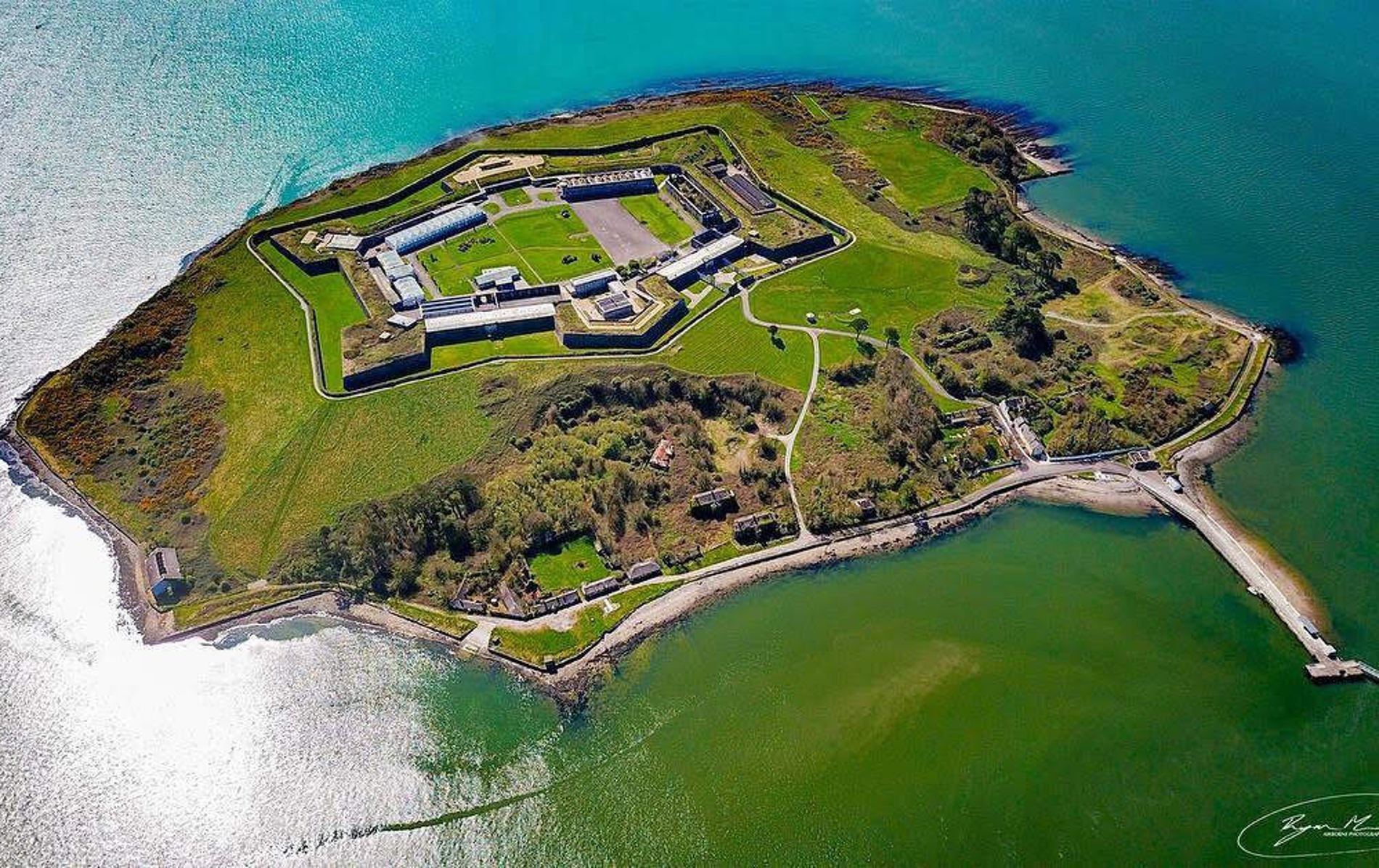
A short boat ride from Titanic Experience Cobh out into Cork Harbour will bring you to Spike Island. Over the course of 1,300 years, this desolate spot has been home to a monastery, a fortress and a prison. In fact, in the 1850s, Spike Island had the largest prison population of any jail in the world. You can visit the star-shaped 200-year-old fort – a sobering experience – and learn more of the hard lives of those poor souls held prisoner here.
If you have more time, drive down to Roches Point at the mouth of Cork Harbour. There’s been a lighthouse here, guiding ships to safety, for 200 years. Unfortunately, the first one was too small, and so had to be replaced in 1835 after just 18 years.
36 km
Fine food
Ballycotton, County Cork

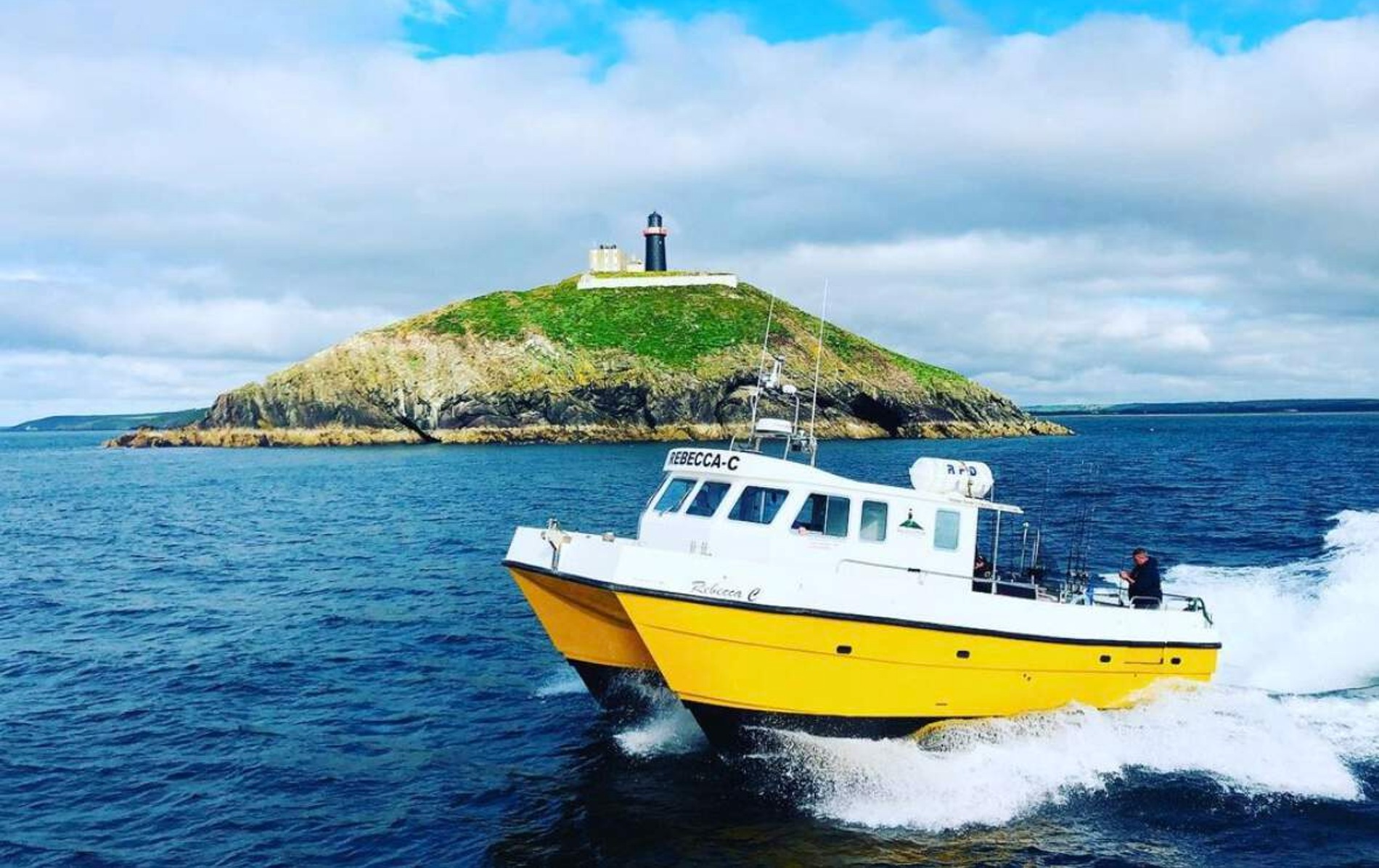
The picturesque village of Ballycotton is perched on a rocky ledge surrounded by sandy beaches – perfect for a stroll. If you’re after something more demanding, take the cliff walk from Ballycotton village to Ballyandreen beach. It’s five miles long and offers fabulous views. Or try your hand at some deep-sea angling. Basically, the aim of the day is to work up an appetite – the village is famous for its seafood restaurants that serve the catch of the day straight off the boats. If you want to really spoil yourself, however, hang on until Shanagarry and the famous Ballymaloe House and cookery school. Book a room in the hotel, or just reserve a table for lunch or dinner, and enjoy some of the finest cooking in Ireland.

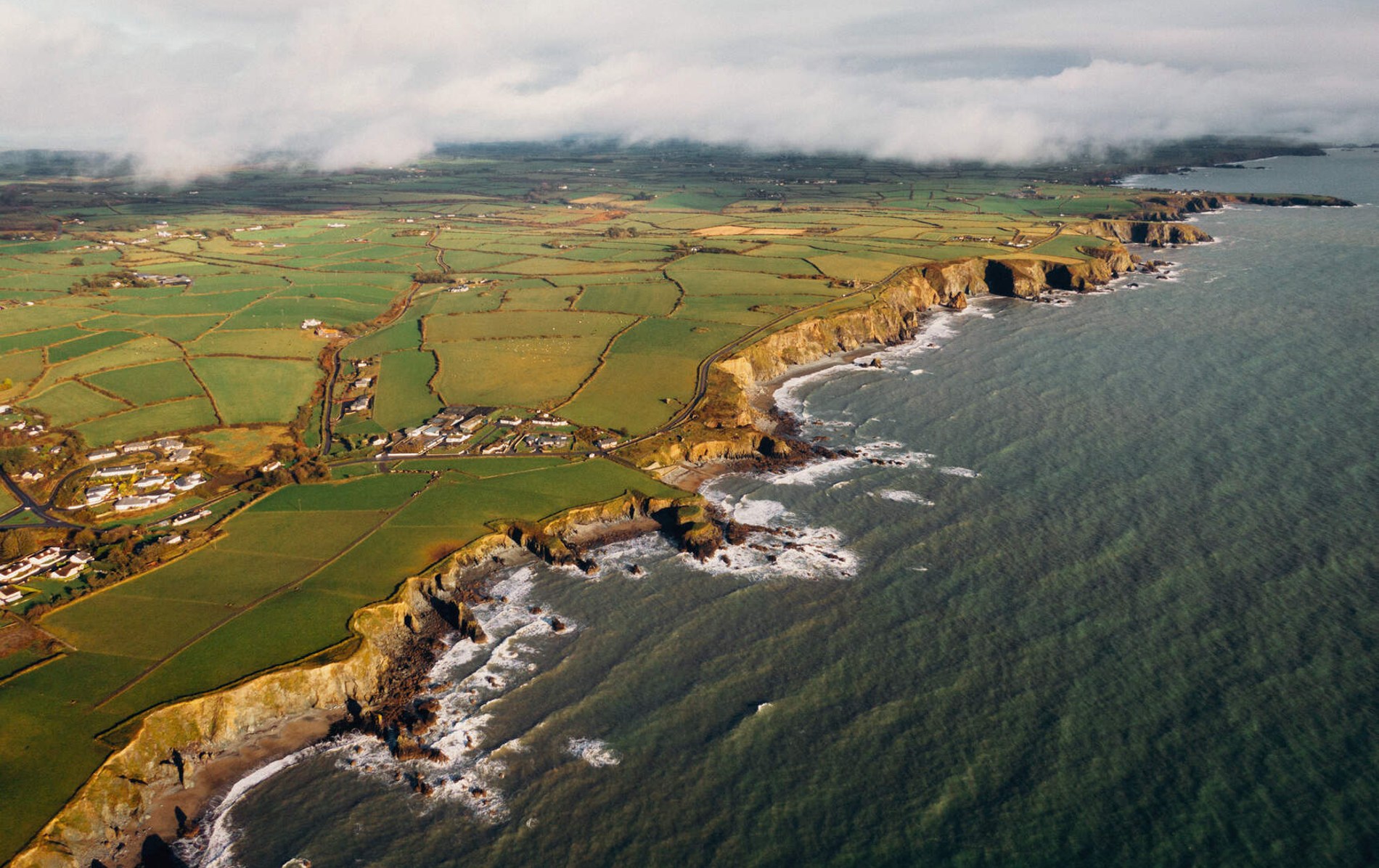
Day 2
Hundreds, even thousands, of years of history are layered up in the fascinating towns and villages of the southeast, happily coexisting with busy 21st century life.
Explore Day 2Step back in time
St Mary's Church, Youghal, County Cork

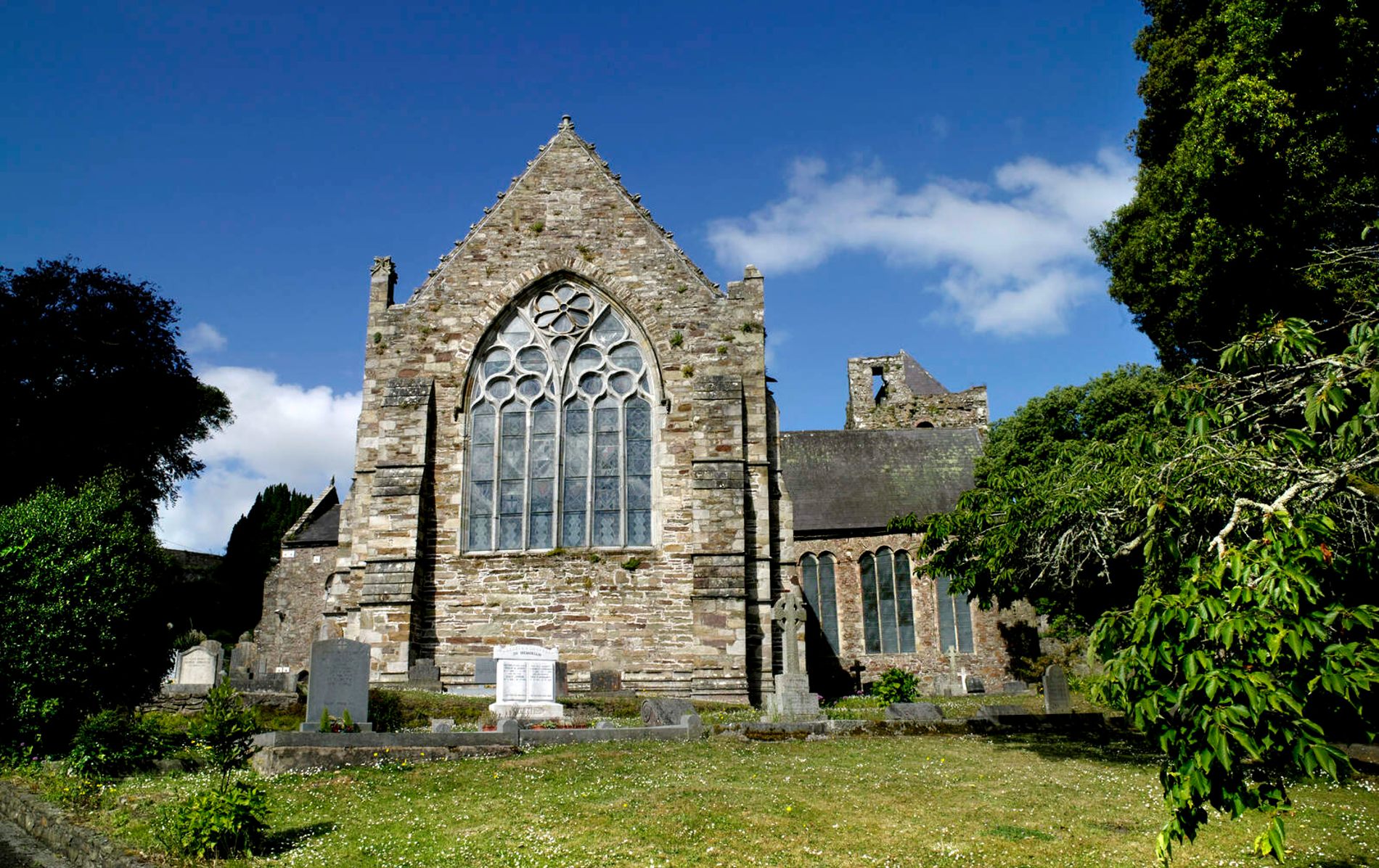
Dating back at least as far as the 8th century, the town of Youghal, County Cork, is so old it is almost hard to comprehend. By the middle of the 14th century, for example, Youghal was a huge success story, trading with ports all over Europe. Get your bearings at the Visitor Centre, then walk the ancient town walls and take a tour of the extraordinary Clock Gate Tower. Don’t miss St Mary’s Collegiate Church, either – it has been in use continually since the 13th century.
If you have more time, make a stop at Ardmore, where St Declan founded his monastery in the 5th century. You'll find an impressive round tower here, as well as an oratory (supposedly where Declan is buried), and a cathedral with fascinating carvings and ogham stones.
53 km
Digging up the past
Copper Coast, County Waterford

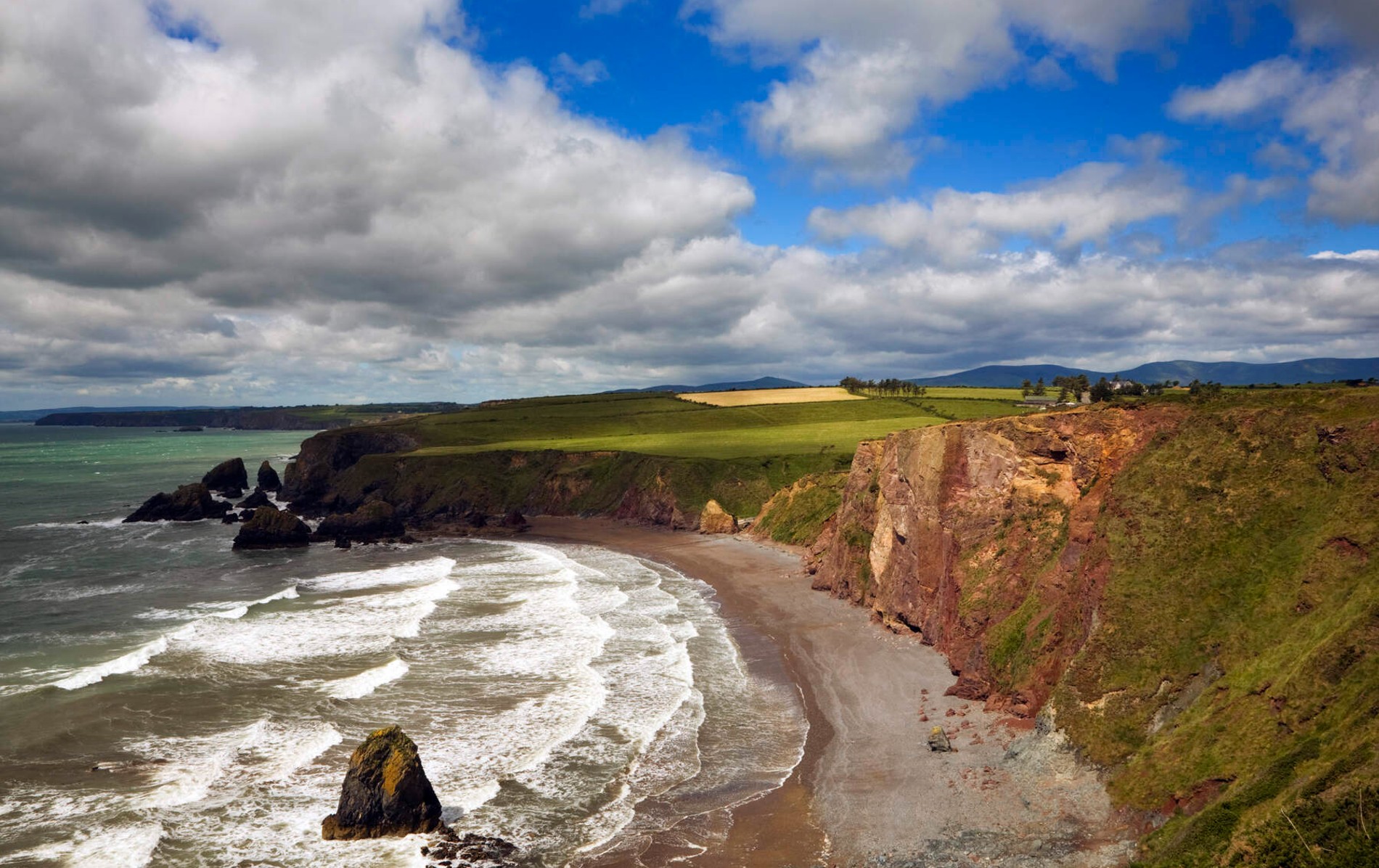
It’s hard to picture, but in 1840, the village of Bunmahon was at the heart of the copper-mining industry. Read up on the history at the Copper Coast Geo Park Visitor Centre, County Waterford, housed in an old church near the beach, then head the short way up the road to see the haunting remains of the industry at Tankardstown. By 1879, the miners had smelled gold in the US and the copper mines closed, leaving the cliffs and beaches to lapse back into dreamy quiet.
If you have more time, you’re not far from Tramore, the surfing centre of the southeast. With a 5km stretch of blue flag beach, you’ll have more than enough space to ride the waves.
25 km
Foreign adventurers
Reginald's Tower, Waterford city

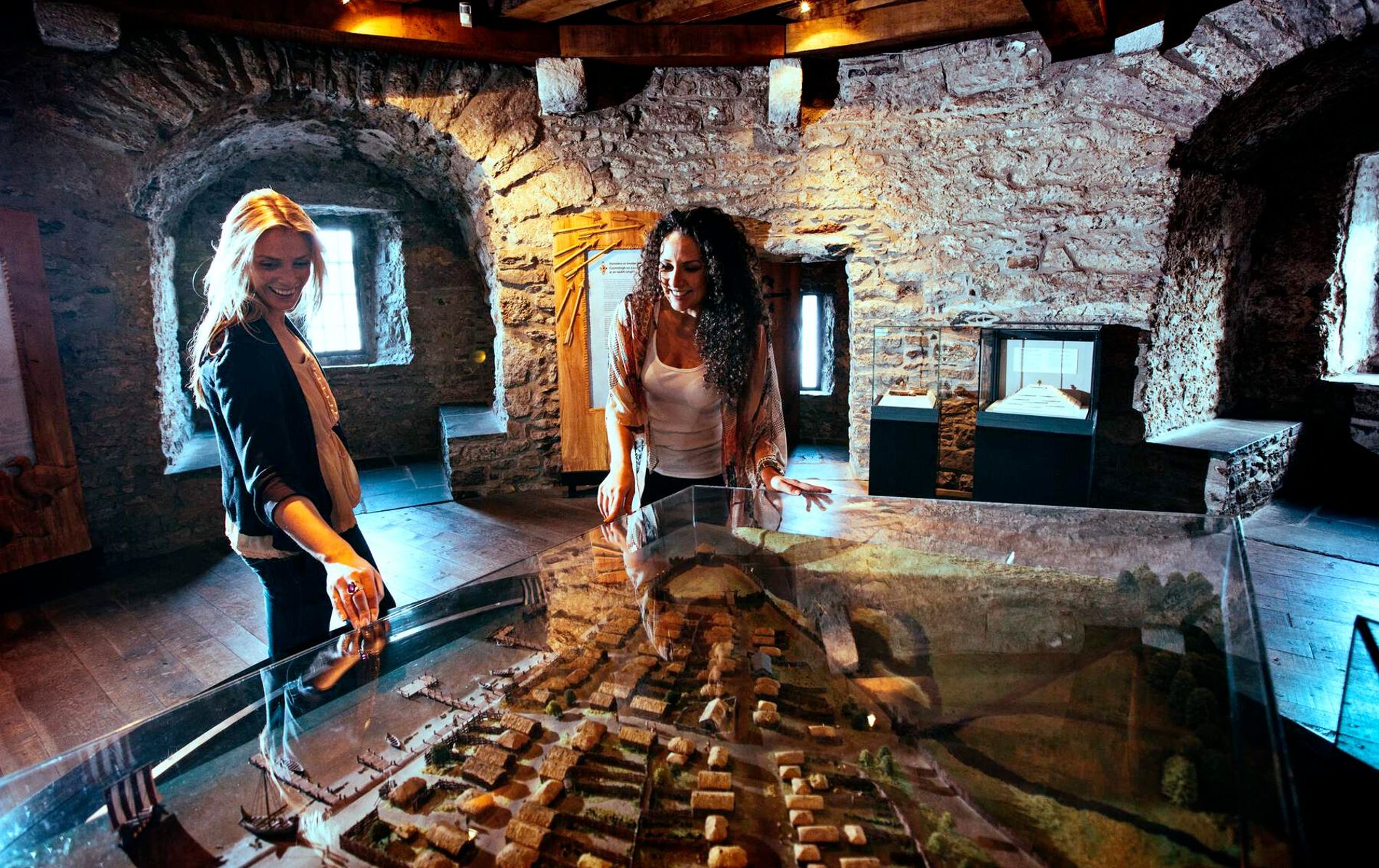
Although they have a reputation as pillagers, the Vikings were also builders. Waterford is famously a Viking city, founded in 914, although recent discoveries suggest that the Norsemen were in the neighbourhood a good 50 years earlier. Take the Waterford Viking Triangle tour, visit the King of the Vikings virtual reality experience and see the 12th century Reginald’s Tower, where you'll find weapons from a Viking grave and the Waterford kite brooch. The Vikings knew what they were doing: their city grew to become a busy medieval port that traded across Europe.


Day 3
This coast has seen all manner of travellers, whether it was monks who came to Ireland looking for a new home, or those who left Ireland looking for a new life.
Explore Day 3Travel in hope
Dunbrody Famine Ship, County Wexford

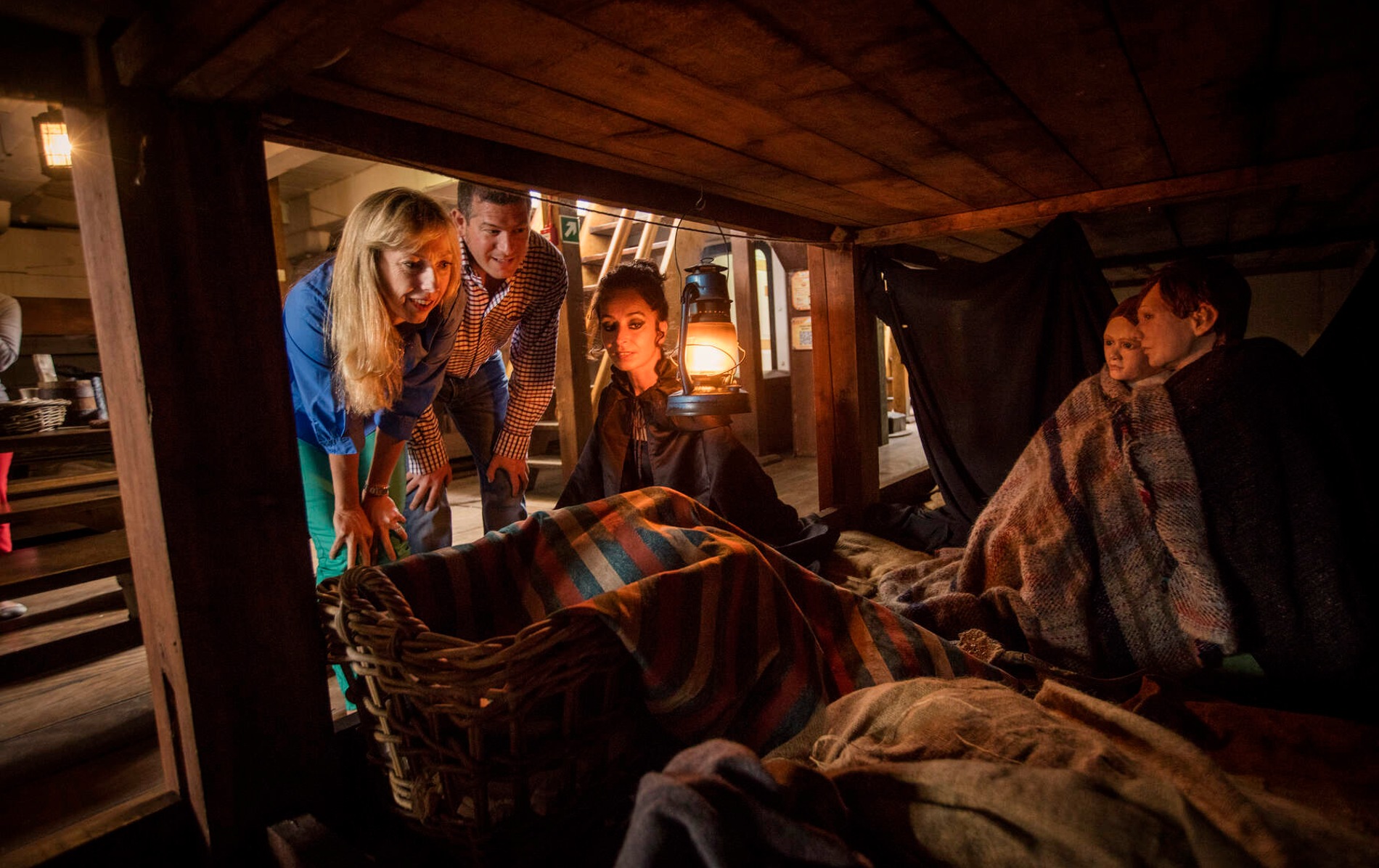
Beside the docks in New Ross, you’ll find the Dunbrody famine ship, a full-scale reconstruction of one of the 19th century ships that carried desperate and starving emigrants away from their ruined existence and (hopefully) to a fresh start in the new world. It’s a shiver-inducing glimpse at the cramped conditions in which the frightened people huddled and prayed for the 45-day crossing. The exhibition is a salute to the toughness and ingenuity of those 19th century voyagers.
If you have more time. the Irish-American Kennedy dynasty started out in New Ross. Take a trip to the Kennedy Homestead and find out more about the astonishing history of this remarkably gifted and driven family that came to dominate both US politics and fashionable society.
36 km
Religious observers
Hook Lighthouse, County Wexford


Marking the entrance to Waterford Harbour is one of the oldest lighthouses in the world. Monks living on this remote and wind-scoured peninsula were keen to save the poor souls that frequently perished on the frankly terrifying rocks. The energetic brethren established Hook Head lighthouse 800 years ago, and it’s still going strong – although the monks are long gone (it’s automated now). Keep an eye open for the dolphins and whales that ply these waters.
If you have more time, visit the ruins of Tintern Abbey, built in 1203 as a thank you after its patron survived a storm. The abbey thrived for centuries and substantial parts of it still stand – it was even a family home until the 1960s.
48 km
A life apart
The Saltee Islands, County Wexford

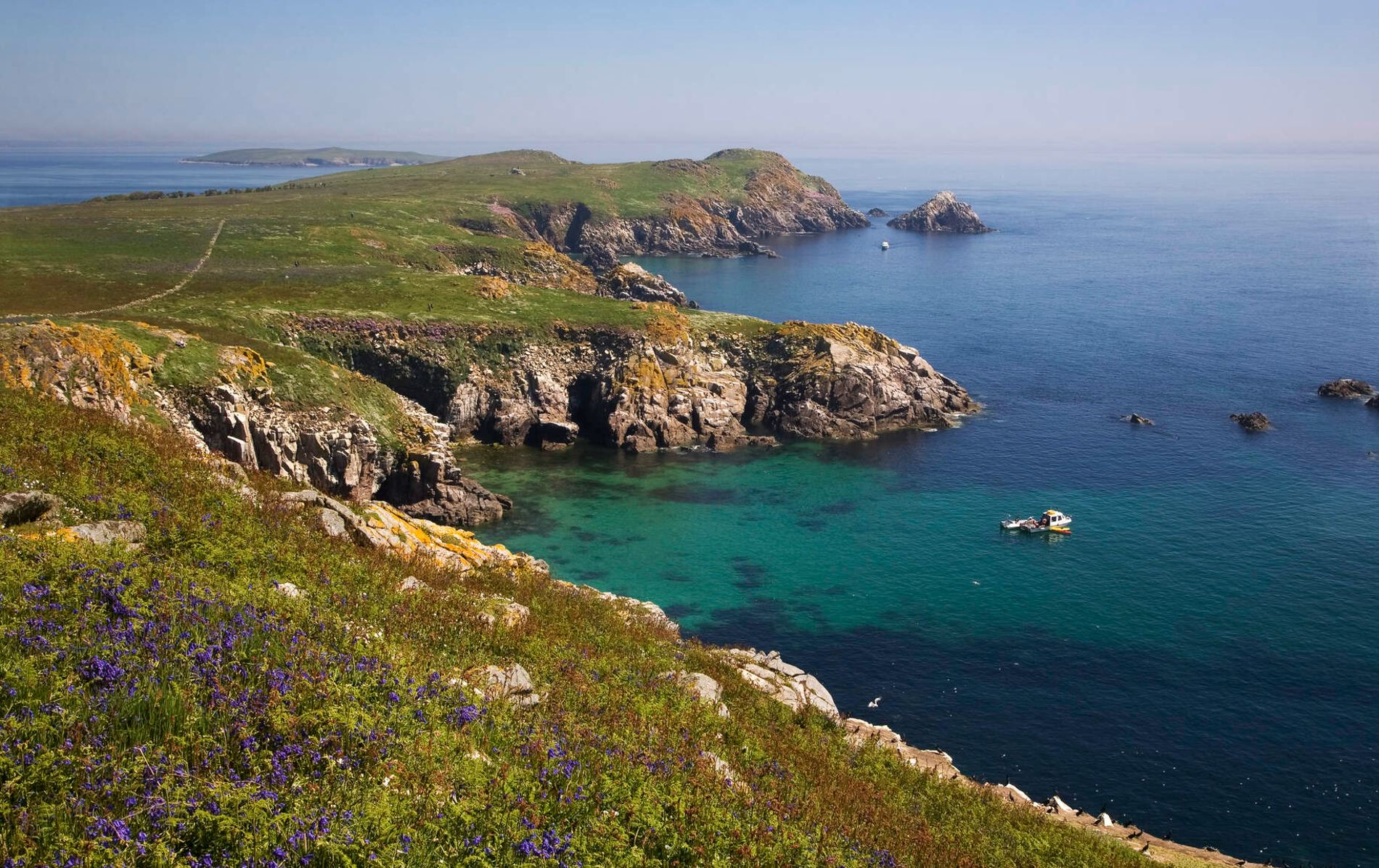
From Kilmore Quay, where the pretty cottages and harbour are like a postcard from the past, hop on a ferry to the Saltees. The two islands make up Ireland's largest bird sanctuary, but humans have also lived here since 3,500BC. Early Christian hermits and, centuries later, medieval monks, were drawn to this remote spot, but it wasn’t just holy orders who were tempted by this location far from regular society: smugglers, rebels and pirates have all added their stories to the islands’ chequered past.
If you have more time, Our Lady’s Island, overlooking the lake, feels like a world away. It’s actually not an island – there’s a causeway – but its tranquillity has inspired religious roots that stretch back to pre-Christian times, and it’s a pilgrimage site even today.

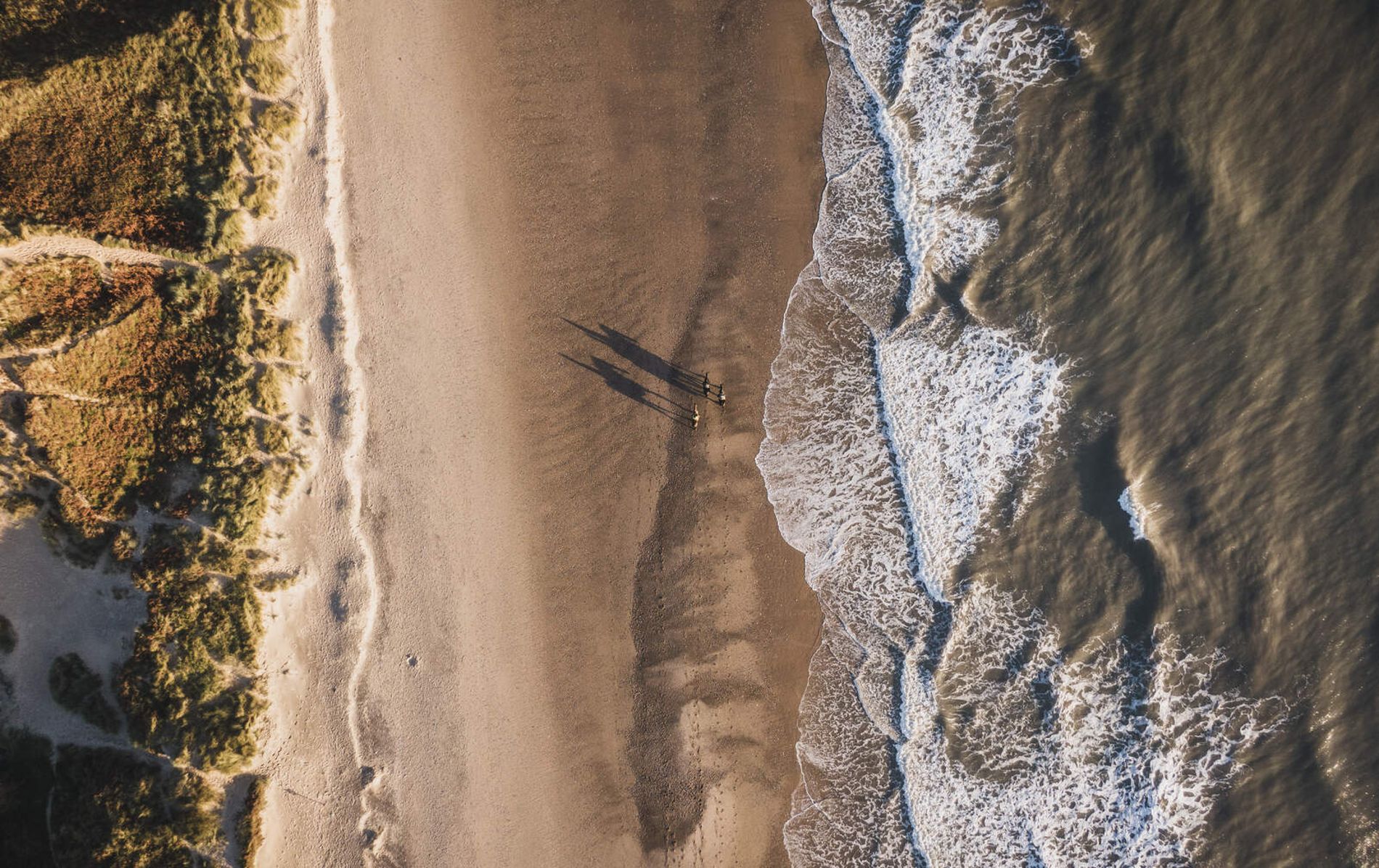
Day 4
A soft landscape of gardens, forests and beaches are perfect for summer strolls, family outings and exhilarating winter walks.
Explore Day 4Star power
Curracloe Beach, County Wexford

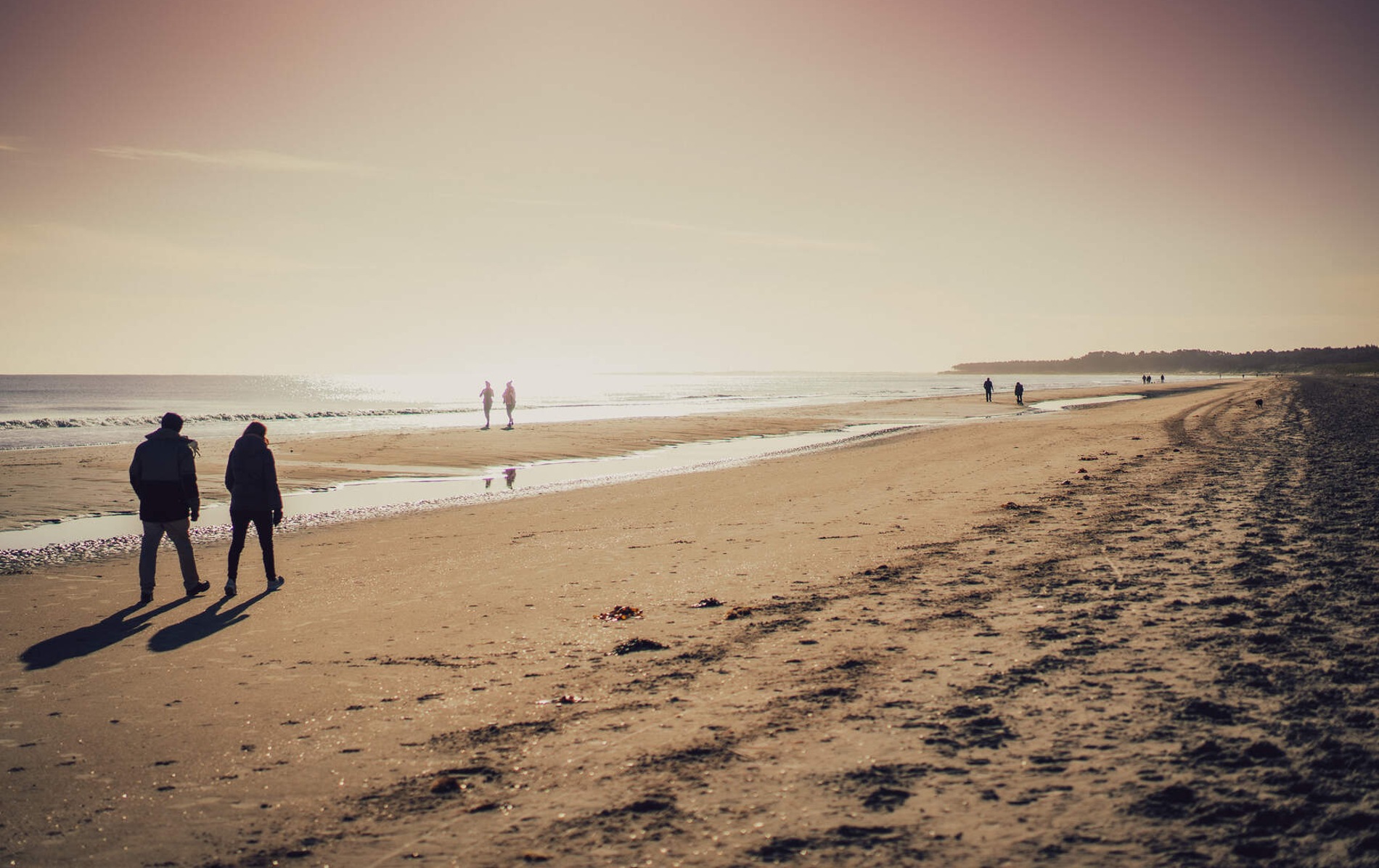
Film fans should definitely make a stop at Wexford's Ballinesker and Curracloe beaches – these were the locations used in the landing scenes of Saving Private Ryan. Curracloe – as also seen in the movie Brooklyn – is a gentle beach, backed by dunes, with a forest and nature reserve that’s great for a walk. Birdwatchers will already have circled Ballinesker on the map because it is part of the nature protection area of the Wexford Slobs and Harbour, and shell hunters will love the variety of treasures to be spotted on the fine sands.
20 km
An air of refinement
Wells House & Gardens, County Wexford

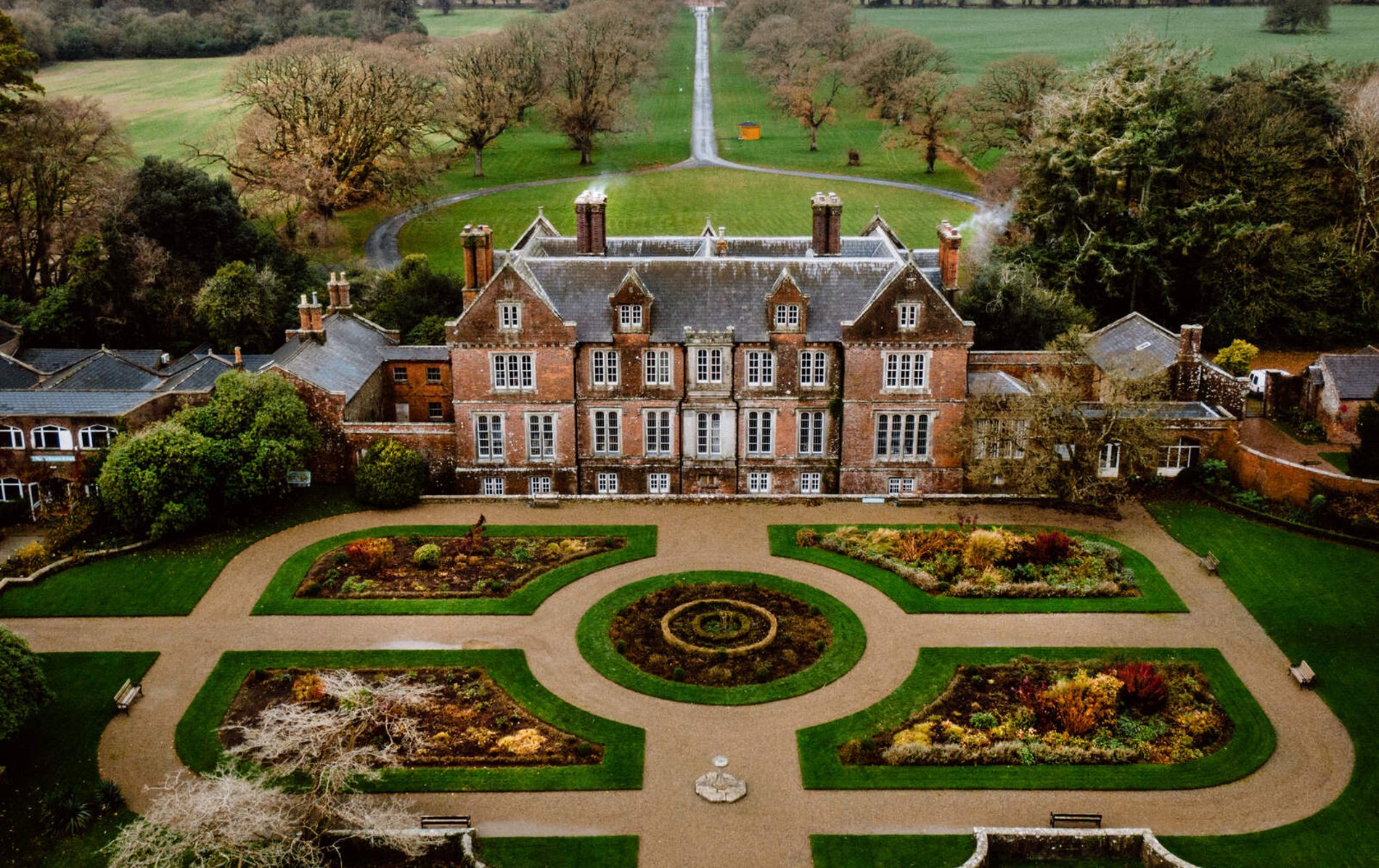
See how the other half (used to) live with a trip to Wells House and Gardens. There’s been a house here for 400 years, but it got a full-on makeover in the 19th century, thanks to pots of money and a fabulous architect, Daniel Robertson, who remodelled the house and gardens into the scenic wonderland it is today. Robertson certainly thought big: he was also responsible for designing the gardens at Powerscourt.
If you have more time, stop off at Kilmichael Point just south of Arklow, County Wicklow; it has a cragginess that’s unusual on this coast of sandy coves. Be careful of the cliffs, though – they can be treacherous.
51 km
Holiday memories
Brittas Bay, County Wicklow

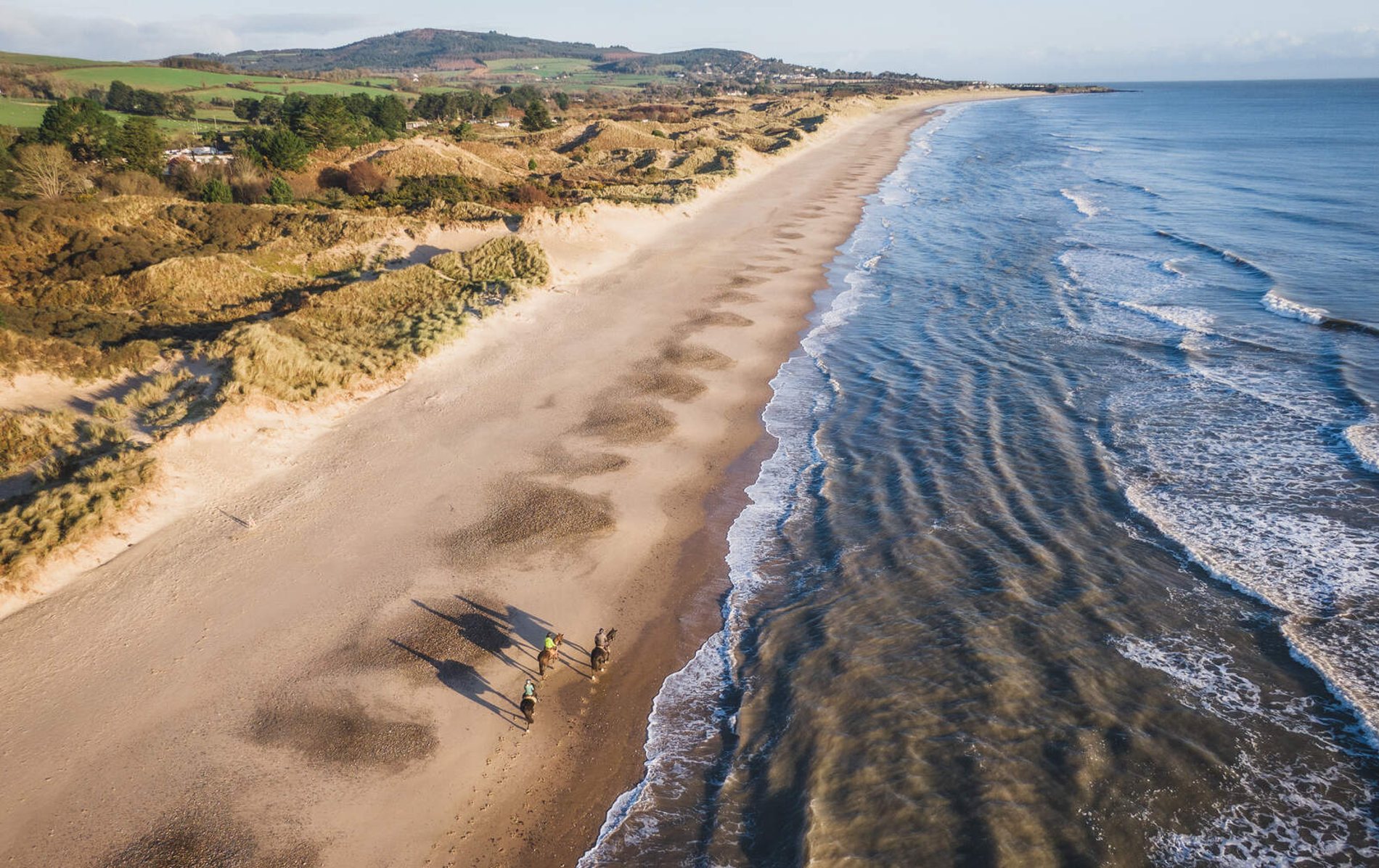
If you’re wondering where Ireland goes on holiday, welcome to Wicklow's Brittas Bay! This buzzy spot has shaped the memories of generations of Irish people who have had their summer holidays here. And no wonder, it’s beautiful, with just over 3km of clean white sand backed by dunes that slope gently into calm waters. It’s perfect for little ones, as well as being deep enough further out for more confident swimmers. Walk, sail, swim or just sit in the sun and relax.
If you have more time, the Arklow Maritime and Heritage Museum is a great place to spend an hour or two. Find out about the local fishing and boat-building traditions (there are some beautifully restored boats), as well as some very peculiar superstitions.

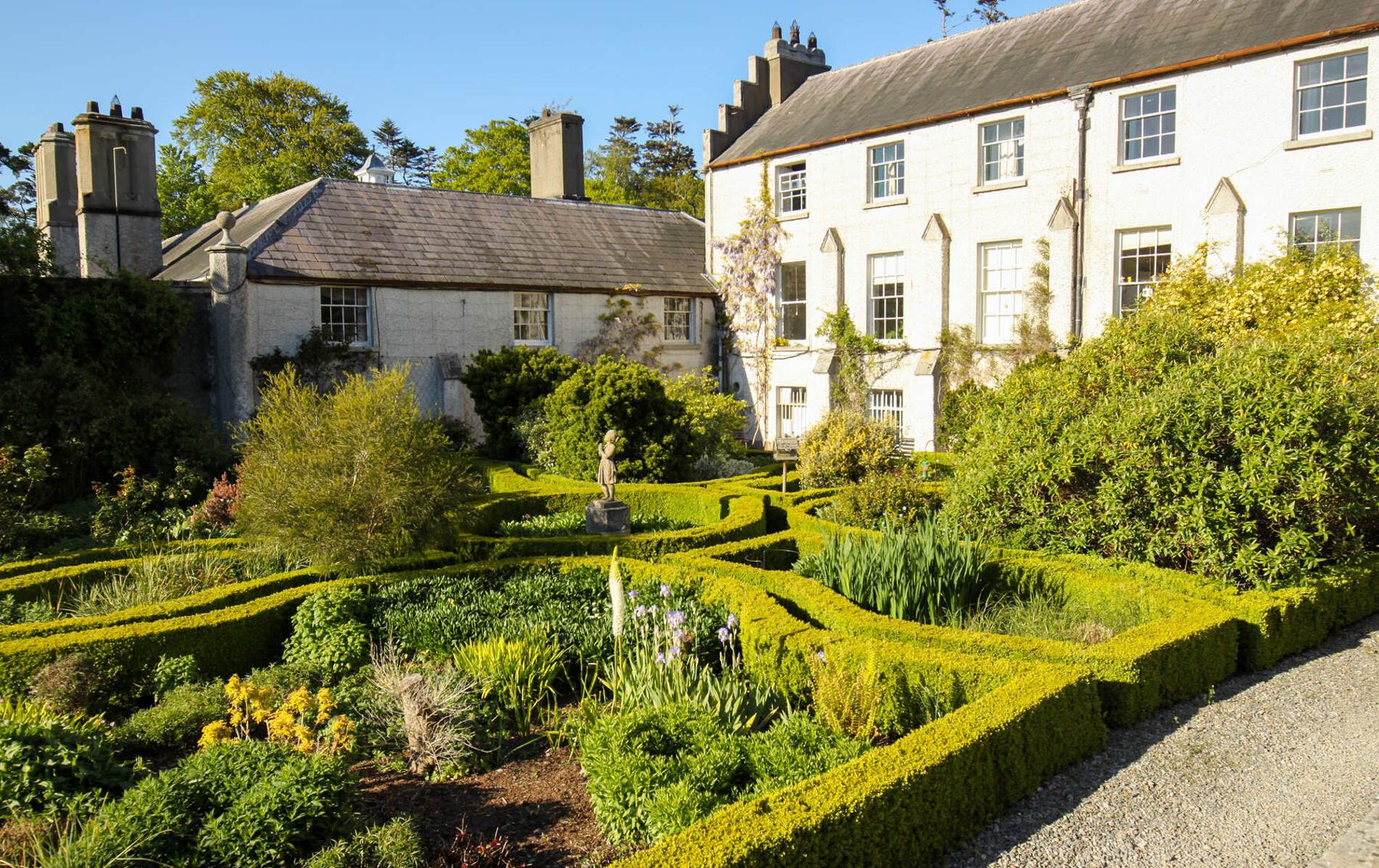
Day 5
If it’s not the sort of day to go beach walking, there are plenty of things to see and do that will keep you a bit more sheltered.
Explore Day 5Behind bars
Wicklow Gaol, County Wicklow

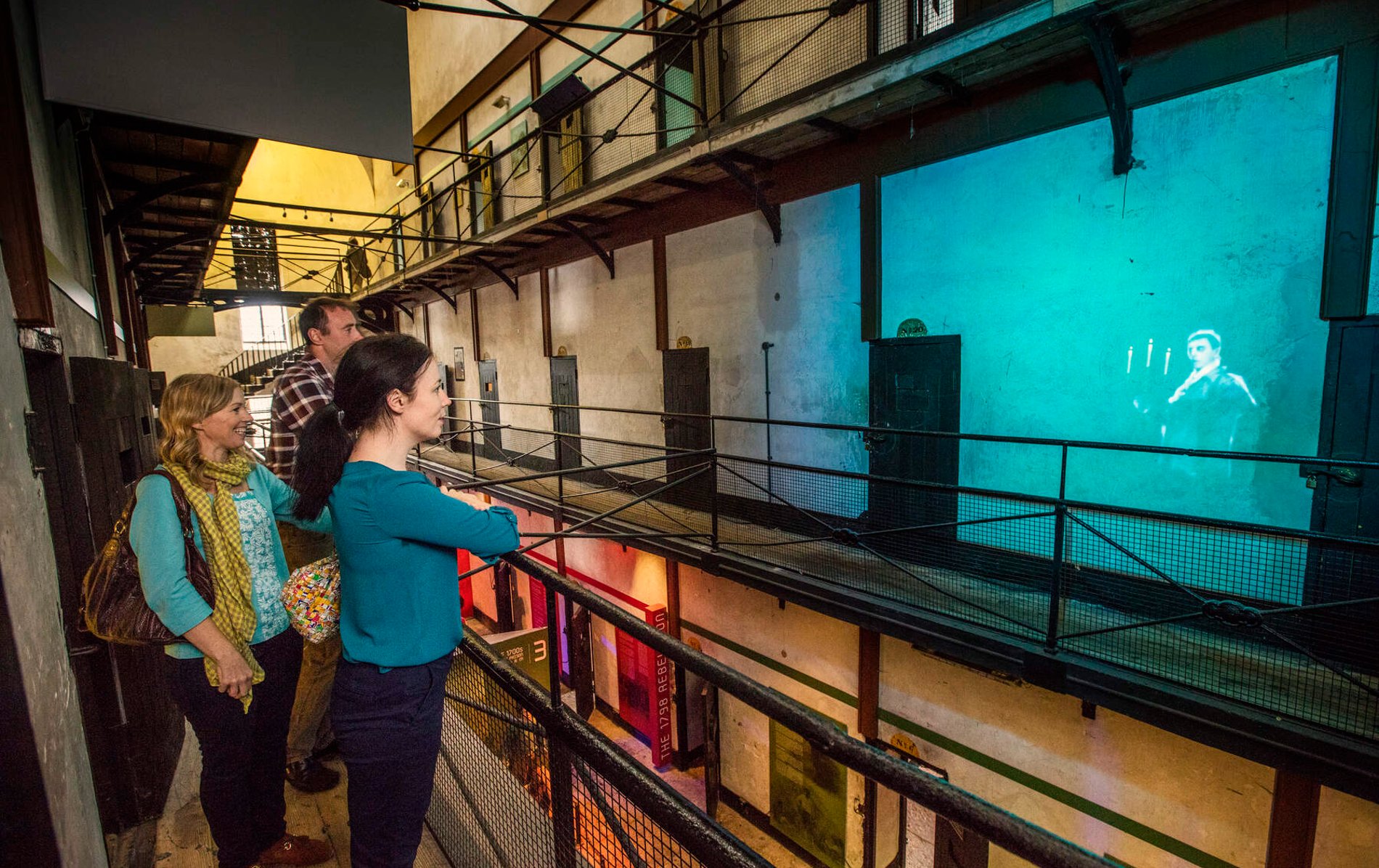
In the past, the massive bulk of Wicklow Gaol struck fear into the hearts of visitors. Now it provides a fascinating insight into Ireland’s history back to 1702, when it opened. In fact, the granite walls of today were built in the mid-19th century after the structure was beefed up. Learn about the political rebels held here – alongside the ordinary people driven into crime by hardship. The guides are actors in character, helping to bring the jail’s grim history to life.
If you have more time, shake off the prison chill with a ramble around Mount Usher gardens. It was created in the 19th century, but its design upends the starchy, uptight fashions of the time. Instead it’s prettier, wilder and more relaxed – and there’s a lovely café there, too.
30 km
Watery wonders
Kilruddery House & Gardens, County Wicklow

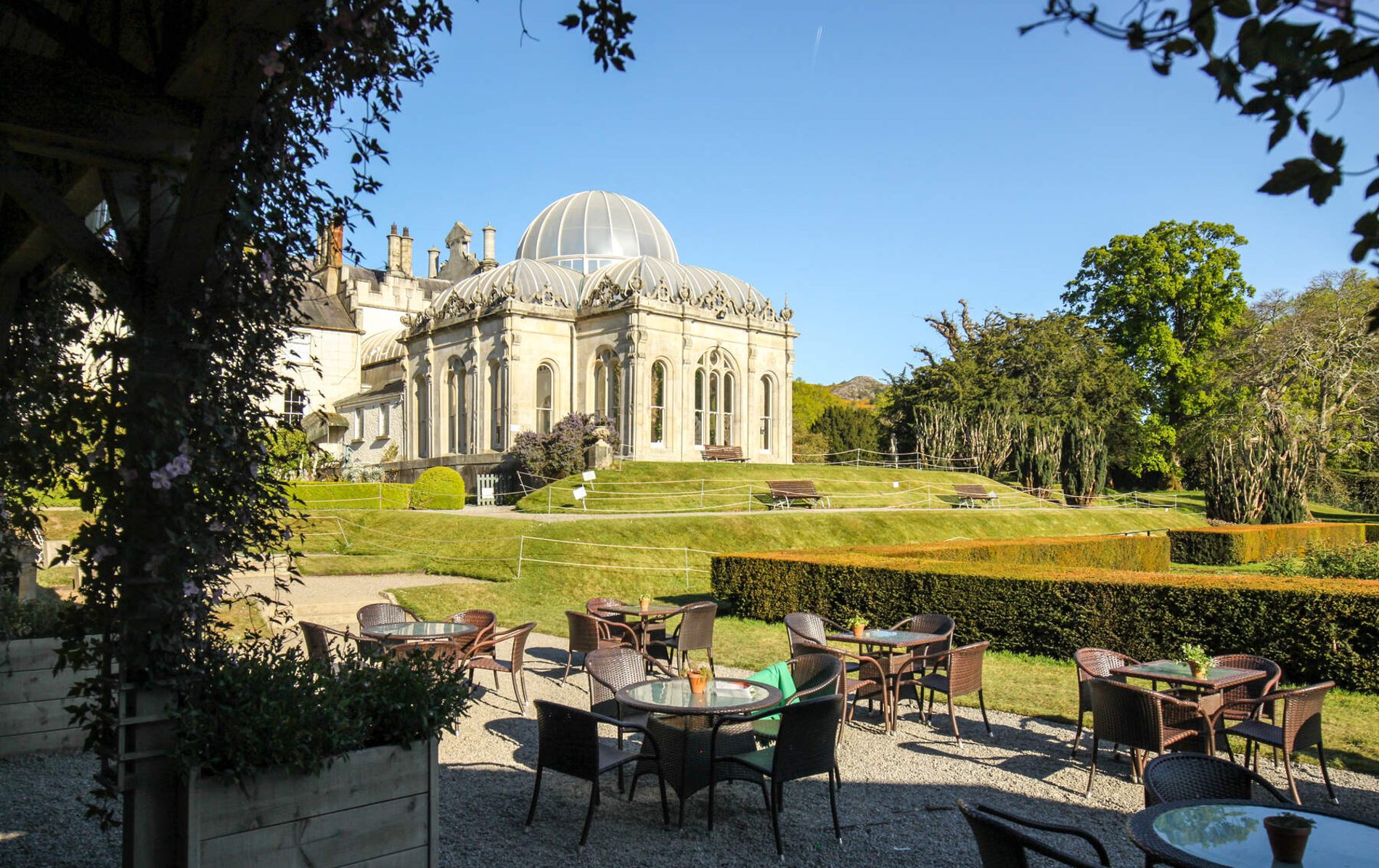
Take your exploration of the sea to new depths with a stop at National Sea Life in Bray. Glassed-in walkways transport you through the tanks, where you can get up close to magnificent (and distinctly odd) marine life, such as the smiley-looking rays. Check out the poisonous creatures, too, and find out how National Sea Life’s programmes are helping to conserve and protect the life of the oceans.
If you have more time, feast your eyes on the extraordinary Elizabethan-style confection of Killruddery House and Gardens. The house is a 19th century reproduction and is only open for tours during the summer, but the gardens – with 17th century layout intact – are glorious and open all year.





